
SEN. JAMIE PEDERSEN PG. 3


QUEER DATING APPS PG. 12 WHERE IS THE LOVE PG. 4

SEX POSITIVE SPACES PG. 14





SEN. JAMIE PEDERSEN PG. 3


QUEER DATING APPS PG. 12 WHERE IS THE LOVE PG. 4

SEX POSITIVE SPACES PG. 14



BY MADISON JONES
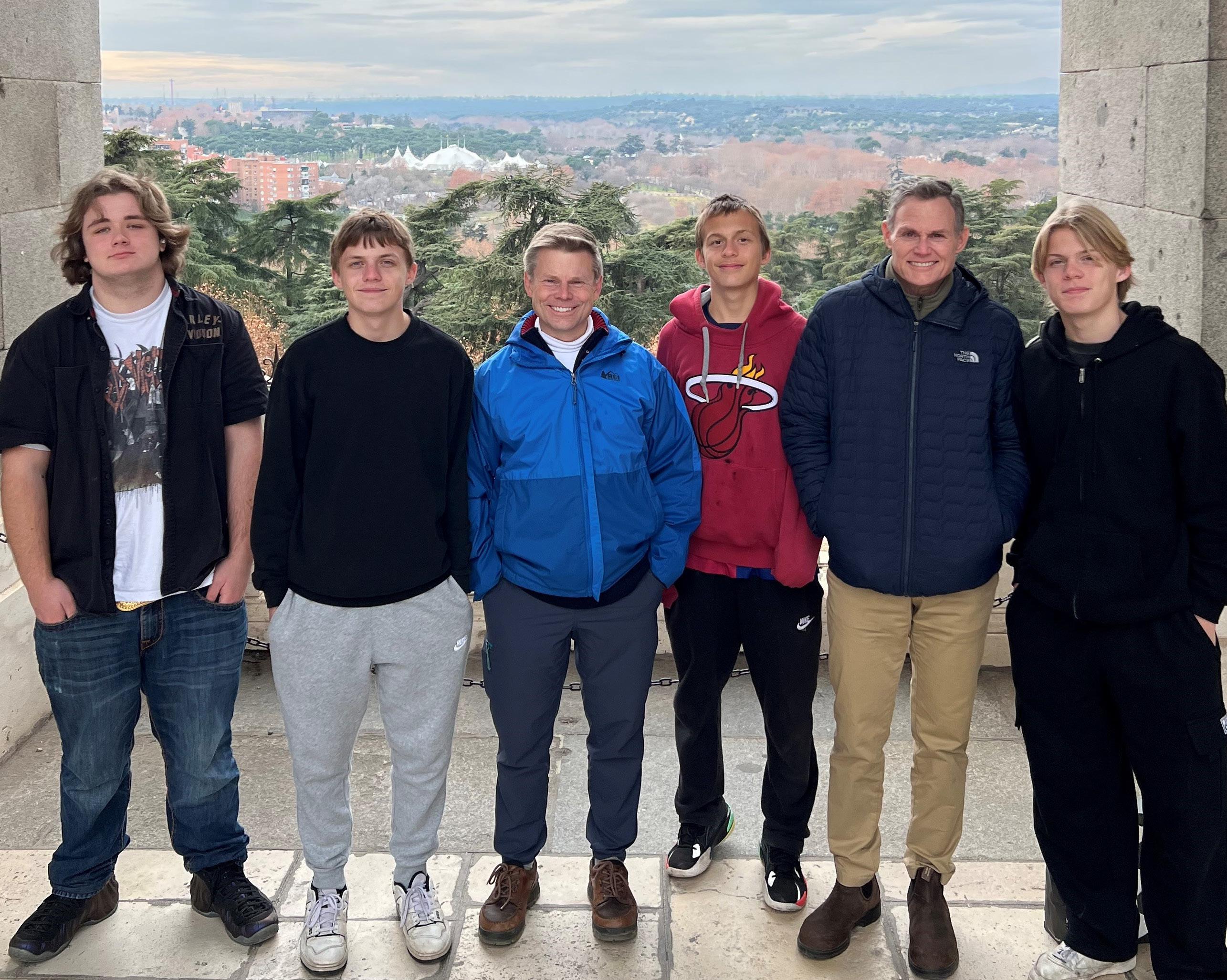
Washington state Sen. Jamie Pedersen (D-43) is a seasoned politician who, over the last two decades of his career, has been diligently securing legislative wins for the Queer community. He was first elected to the House of Representatives in 2006 and then joined the state Senate in 2013. Pedersen is also, above all, a family man who deeply loves his husband Eric and their four sons.
To start off the 2025 state legislative session, he sat down with the SGN to share his breadth of knowledge and experience as a Gay legislator.
Madison Jones: What was your coming out experience like?
Sen. Jamie Pedersen: The first person I came out to was in 1986, to my high school girlfriend. In response, she ended up writing down some Bible verses to give me (laughs). Her mother ended up finding out about it too, and in response, she told her [daughter] not to continue dating me, because she might “get AIDS.” That was just how things were in Puyallup back then. I came out to my parents eight years later, while I was dating this guy in law school. They had a hard time at first but never rejected me for it. They were just worried about how it would affect me and my future.
MJ: During your years in office since 2006, have you encountered any challenges as a Gay man in the Washington state legislature? Were other members welcoming at first?
JP: I have never had any issues with anyone. To the contrary, everyone has been welcoming, both Democrat and Republican, even if they don’t agree with the bills I am working on.
I really am grateful to be standing on the shoulders of those who came before, like Sen. Ed Murray and Sen. Cal Anderson. I
never got the chance to meet Cal. Unfortunately, he passed away a month before I moved back to Seattle in 1995. But Sen. Murray used to tell me the stories of how people wouldn’t acknowledge or look at them. It was a big cultural change between then and 2006, when I was first elected to the House of Representatives.
Though there will always be people who still assume I am heterosexual by default. There was this one instance at a Civil Legal Oversight Committee meeting in the Washington Supreme Court Temple of Justice in October 2009. On that day, my husband Eric and I had just learned our surrogate was pregnant with triplets. I had to enter late and leave early because of this, letting the meeting chair, Judge Lesley Allan, know beforehand. In the meeting, she made an announcement in front of the whole courtroom, saying: “I am so excited to announce that Sen. Pedersen and his wife are expecting triplets!” And the whole room audibly gasped at her in shock.
But there was a happy ending to it all.
Once I left the meeting, she came running out after me on the front steps of the Supreme Court to apologize profusely. She is a quilter and got her friends in her quilting group together to make some for our newborn boys.
MJ: How did you end up meeting your husband, Eric? Has it been a struggle raising four sons while also being a legislator?
JP: I don’t even know if it exists anymore, but we met online in the summer of 2002 on a dating website called Gaydar.co.uk. This friend of mine at my church met his new boyfriend using it, so I signed up. A month or so later, I came across Eric. We ended up having lots of friends in common, which wasn’t surprising.
Our first date was at the Victrola in Capitol Hill, and we got engaged the following year at our church. Then in 2015 we got
married for the second time with an official license.
With the kids, I have the same kinds of struggles as any other legislator. I am always balancing a lot of stuff. I am very fortunate Eric took 15 years off his career to be a stay-at-home dad. He was a principal in the Bellevue School District before that, so he fortunately knows a thing or two about discipline and raising children.
MJ: Which piece of legislation are you most proud of so far? Would it be the Marriage Equality Act?
JP: Perhaps you could make the argument for that, but I am also very proud of my accomplishments on the Uniform Law Commission committee. The ULC creates state laws that harmonize with others across different states.
There is one called the Uniform Parentage Act from the 1950s that stipulates parental rights, and defines parenthood as between two cisgender, heterosexual parents having biological children. We rewrote it in 2015–16 because there are, in fact, a lot of different paths to becoming a parent: de facto parents, parents through intent (surrogacy), and so on.
The reason I ended up finding out about all this is because of our sons. Eric and I ended up having to use surrogacy in California, because it was considered a Class C felony in Washington state at the time. It was very difficult being 3,000 miles away from San Diego, where our surrogate was living. Since 2018, LGBT couples in Washington state can now have surrogacy legally. Because this also falls under the Uniform Law Commission, these updates have since been enacted in nine other states. Massachusetts is the most recent one I got to be a part of this summer.
I am particularly proud of this, because are families like mine now legally recognized [not only] in Washington state but in nine other states across the country.
MJ: What is your relationship with outgoing US Ambassador Roger Nyhus? Is it true you and your family went to visit him in Barbados this summer during Hurricane Beryl?
JP: Yes, he is a very close friend and the godfather to all our kids. In normal times, I will talk to him everyday. He only lives five blocks north of us too. In June and July of this summer, the family and I went to go visit him at his official post in Barbados. When we were supposed to go on to our next island, we unfortunately got caught up in the middle of Hurricane Beryl. We ended up having to extend our stay with Roger and fly back home after the storm subsided, but he was very good about it.
MJ: Project 2025 clearly promotes “traditional nuclear families.” What do you think of this? How will you help to keep Washington state a safe place for Queer love and families?
JP: We have been working independently of the federal government in Washington state for many years to ensure that LGBT people stay protected in all avenues of life. This is not hitting us for the first time. Trump was already president in 2017–21, and we have been busy fighting off bad things ever since.
What has changed this time is we have hit a difficult budget situation. Republicans in Washington, DC will try to use the threat of revoking funds to try and coerce us. For example: Will they try to cut funding for our public schools if we don’t agree to ban Trans kids participating in sports? The answer to this is obvious but also hard. The filibuster is the biggest thing Democrats have got going for us to prevent these things from leaving the Senate floor. We are absolutely zeroed in to see what happens.

February often arrives with heart-shaped confections and Pinterest-perfect gestures proclaiming the season of love. We see constant reminders to send flowers or buy chocolate for that special someone.
Yet for many Gay men in Seattle, the spirit of Valentine’s Day can feel out of sync with our experiences. We scroll through endless faces on Grindr, get lost in fleeting chats, and notice our small social circles folding in on themselves. We start asking, “Where is the love? Why is it so challenging to find genuine connection — even in a city often touted as LGBTQ friendly?”
This piece explores the deeper dynamics shaping our modern dating landscape. We’ll dissect the “Grindr paradox” of endless profiles yet persistent loneliness, look at how Seattle’s supposedly large scene can feel suffocatingly small, confront the unrealistic expectations that weigh on Gay men, and address a crucial question: Why don’t we date anymore?
By examining these overlapping forces, we might discover pathways toward more meaningful bonds — even in a fast-paced, tech-saturated culture.
The Grindr paradox
Dating apps like Grindr, Scruff, Tinder, and Bumble have revolutionized how Gay men find one another. In decades past, safe meeting spaces could be limited, especially for those who hadn’t come out publicly. Apps changed that by placing dozens of profiles at our fingertips. The thrill of scrolling through potential matches is undeniably alluring — particularly for someone new to the city or newly out.
Despite this initial excitement, users often experience a crash. The supposedly endless choices turn out to be less robust than advertised. You see the same faces again and again, sometimes with slightly updated photos or new usernames. Ghosting runs rampant, and instant messages rarely lead to the sort of prolonged, intimate conversation that might foster a deeper connection. Many of us fall into the
cycle of deleting Grindr in frustration, only to reinstall it days later, hoping for a better outcome the next time.
It doesn’t help that the apps themselves are designed around instant gratification. Location-based matching makes it easy to schedule a brief meetup within minutes. For those who want casual encounters, that can be a perk. However, for people seeking an emotional bond, the constant influx of new profiles often encourages a “there might be someone better” mindset, in which we move on at the first sign of imperfection rather than investing effort in one person.
A small city, a smaller world
Seattle might have a vibrant skyline and a Queer population that sprawls far beyond Capitol Hill. Yet once you spend time in the local LGBTQ community, it’s clear the scene often behaves like a small town. Everyone seems to know someone else — or has a friend of a friend with a story about the same person you just matched with online.
This overlap can feel comforting at first: a reference from a mutual friend might help you trust a new acquaintance. At the same time, it limits anonymity. If a relationship goes sour, it’s nearly impossible to avoid each other. Ex-partners, flings, and even one-time hookups pop up at gatherings or into your social media feed through shared connections.
In these tight-knit circles, gossip travels quickly. A single awkward date can become everyone’s talking point by the following weekend. One misunderstood encounter may color someone’s reputation, making them wary about opening up again. The silver lining is that repeat bad behavior doesn’t stay secret for long; patterns of dishonesty or disrespect become widely known, sometimes promoting more accountable conduct. Still, the sense of living in a “small world” can encourage caution in ways that stifle emotional risktaking.
dynamics, unrealistic expectations, and why we don’t seem to date anymore
BY ALAN MOTLEY
The weight of unrealistic expectations
Beyond the structural challenges of a tight-knit community and the perpetual turnover of app-based matches, Gay men also navigate a labyrinth of expectations — some imposed from within the community and others borrowed from broader cultural narratives.
It’s no secret that body image pressures loom large in Gay male culture. Gymcentric profiles and “masc 4 masc” tropes dominate app feeds, fueling an environment that often marginalizes those who don’t fit a narrow beauty standard. Profiles that explicitly state “no fats, no femmes” may be fewer these days, but more subtle signals can be just as exclusionary.
On top of that, the community’s enthusiasm for tribes — bear, twink, jock, daddy, otter, and more — can be a double-edged sword. These labels can help people find others with shared aesthetics or interests, yet they can also pigeonhole us. A “bear” might be assumed to have no common ground with a “twink,” limiting both from realizing how much they might actually share outside their physical presentations.
Moreover, in a city dominated by major tech companies, success is often tied to professional achievements. That can bleed into the dating arena, with some men feeling pressured to show off advanced degrees, travel photos, or lavish nights out to convey their social standing. Those without big paychecks or high-profile job titles may worry they can’t compete, while those who do flaunt their careers may question if prospective matches only like them for the perks.
Meanwhile, the substance that truly sustains a relationship — kindness, empathy, humor, and shared values — can be overshadowed by the quest to look impressive on paper (or in an app bio).
Our community also encompasses a wide range of relationship styles. Some seek monogamy, others are openly polyamorous, and many fall somewhere in between. While this spectrum can be lib-
erating, it also becomes a minefield when people aren’t up front. A man expecting exclusive commitment might find himself surprised when his partner talks about bringing others in, or a polyamorous person may feel stifled by someone’s assumption that they’ll become monogamous eventually. Without open communication, these mismatched expectations bring heartbreak and confusion.
Searching for love in a shallow-feeling pool
When you add up these variables — app burnout, gossip in a small scene, and exacting beauty or lifestyle standards — it’s easy to see why so many of us describe the local dating pool as “shallow.” It’s not that people lack depth. Rather, the external structures push us toward transactional or fleeting encounters. Authenticity gets buried under hurried messages and the relentless hope that something better might be just a swipe away.
Emotional inertia then sets in. After experiencing enough ghosting or shortlived sparks, people protect themselves by avoiding vulnerability. Some shield their true selves behind quippy banter or superficial flirting. Others immerse themselves in casual hookups to avoid the emotional stakes of deeper intimacy. With antiLGBTQ rhetoric frequently surfacing in national headlines, we crave safety and closeness but often settle for these paler imitations instead.
Why don’t we actually date anymore? In the midst of these issues, a common refrain is, “Why don’t we date anymore?” Historically, “dating” meant asking someone out, planning an activity, and spending meaningful time together to explore compatibility. Today, it’s more common to “hang out” or skip straight to the bedroom, hoping physical chemistry might create an instant bond.
One reason is instant gratification. Apps give us the ability to message people at any
hour, often to arrange same-day meetups. Another factor is the fear of vulnerability: planning an actual date takes courage. We have to risk someone’s rejection or disinterest across a meal that could last an hour or more.
Ambiguity reigns as well. The rise of “situationships” — relationships that aren’t quite casual hookups but aren’t labeled as anything more — keeps partners in limbo. While we avoid the pressure of labels, we also forgo clarity, which might otherwise help us decide whether to invest emotionally or move on.
Finally, Seattle’s hustle culture plays a part. Many residents juggle demanding tech jobs, side projects, and social commitments. In that setting, taking the time to plan and savor a real date can feel like a luxury. The result is a dating scene that prizes spontaneity but often neglects the emotional groundwork that genuine companionship requires.
While there’s no shame in sexual exploration, many of us yearn for the more deliberate courtship that used to define a “date.”
Breaking the cycle: toward authentic connection
Despite the daunting realities, meaningful connections are possible. Many in the community find lasting love or supportive friendships that eventually grow into romance. While there’s no single blueprint, several approaches can help break free
from the shallow currents:
• Diversify your social life: Dating apps are one tool but shouldn’t be the only one. Joining LGBTQ sports leagues, attending Queer film festivals, volunteering with nonprofits, or exploring shared hobbies at community centers can reveal potential connections. Meeting people amid activities you genuinely enjoy fosters more natural rapport and gives you plenty to discuss that goes beyond small talk.
• Practice mindful dating: Rather than juggling multiple shallow chats, pick one or two people who intrigue you. Engage with genuine questions: “What inspires you these days?” or “How did you choose Seattle?” — prompts that invite more than a one-line reply. Authentic listening also goes a long way: let the other person’s story unfold without rushing to talk about yourself.
• Be transparent about intentions: If you crave a serious relationship, say so. If you prefer something casual or open, make that clear. While blunt honesty can feel nerve-wracking, it saves time for everyone. Nothing drains potential love faster than spending weeks in a hazy limbo of uncertainty.
• Challenge narrow standards of attraction: Take a moment to reflect on your own preferences. Are they genuinely yours, or shaped by societal norms
or peer pressure? Sometimes we discover that what we thought we wanted — or who we assumed would be “our type” — was more about fitting in than personal connection. Expanding your sense of desirability might lead you to connections you never anticipated.
• Try old-fashioned courtship: A simple invitation to coffee or dinner can be refreshing in a world of quick meets. Committing to an activity for a set time — like watching a film or taking a walk — allows both parties to be present without scanning for the next best match. Sure, it risks “wasting time” if there’s no spark, but it also offers a chance to build deeper rapport.
A more loving community
On a broader level, we can strengthen Seattle’s Gay scene by fostering inclusivity. Publicly celebrating diverse body types, ages, ethnicities, and relationship structures makes the community richer. We can also temper the gossip mill by pausing before spreading rumors and by encouraging open dialogue when misunderstandings arise.
We can advocate for better mental health resources, acknowledging that grappling with all these dating challenges — on top of nationwide political stress — can be overwhelming. Therapy, support groups, and crisis lines designed for LGBTQ people offer crucial lifelines.
Finally, bridging generational gaps can nurture a sense of continuity: older adults have lived through eras with fewer rights and resources, while younger ones bring new perspectives and energy.
Conclusion
So, where is the love? Despite the barrage of apps and the pressure of a small yet sometimes cliquish city, love is still very much alive in Seattle’s Gay community. It thrives in the corners where people invest time in face-to-face connection. It blossoms among friends who discover shared passions, and it emerges when we dare to be transparent about who we are and what we seek.
No single solution can dismantle all the challenges, be they unrealistic body standards, quick-swipe mindsets, or overlapping gossip webs. Yet small shifts in how we approach our daily interactions can have an outsized impact. By reintroducing a dash of old-fashioned courtship, challenging harmful norms, and nurturing a truly inclusive community, we stand a better chance of transforming that lingering question — “Where is the love?” — into a tangible, fulfilling reality in our daily lives.
For more information on local LGBTQ+ sports groups, volunteer opportunities, and support services, visit https://www. gaycity.org or check out community boards at Capitol Hill cafés.
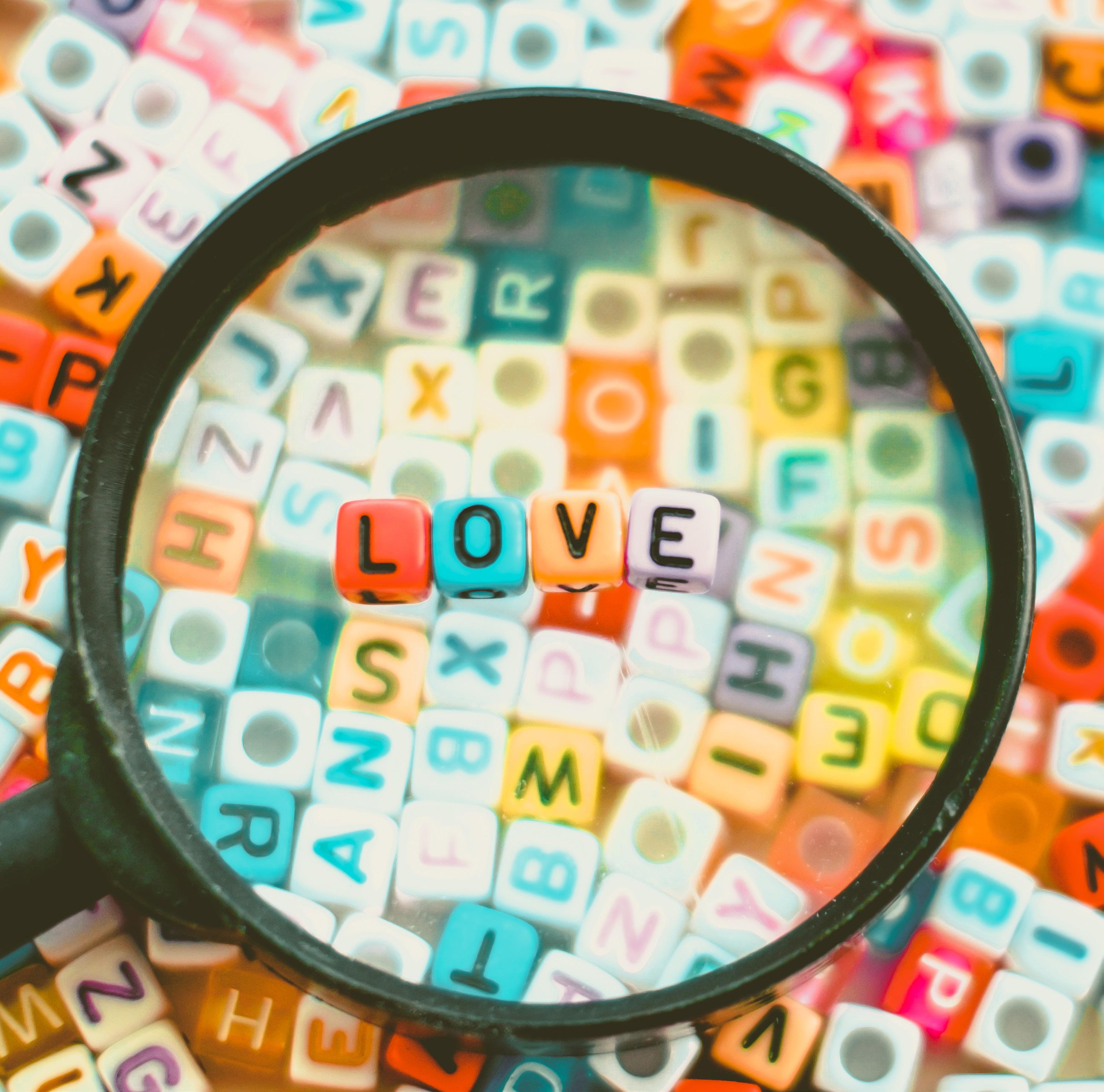
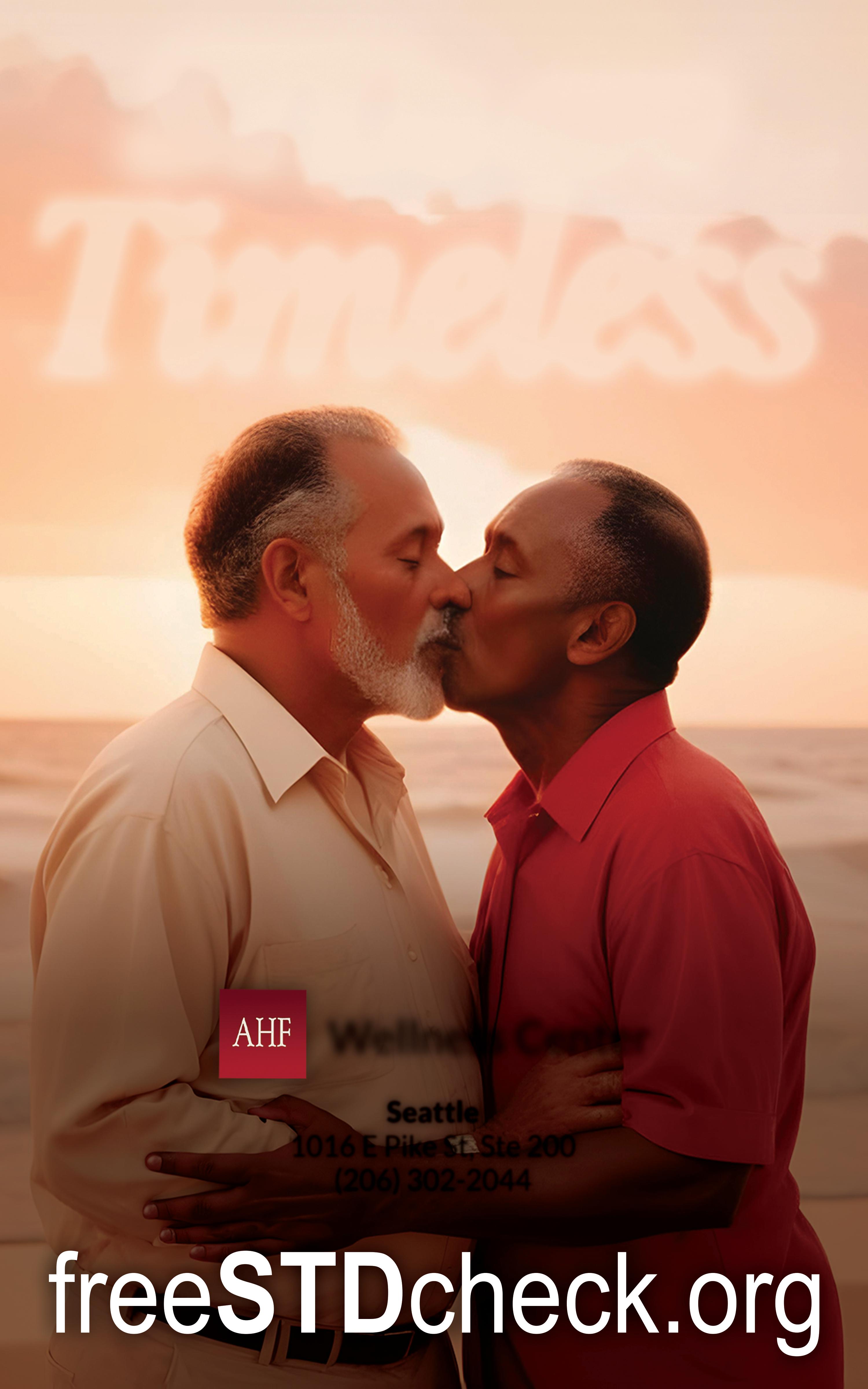

BY HANNAH SAUNDERS SGN EDITOR

Since 2003, RainbowWeddingNetwork has been putting together LGBTQ wedding expos across the nation. On February 16, it will return to Seattle for an afternoon that celebrates Queer love — despite the new Trump administration, which has some fearing the rollback of marriage equality laws. Cofounder Cindy Sproul will give a short speech at the event to celebrate equality and the attending couples, and will also touch on issues the LGBTQ+ community faces, like how to rally together in the face of uncertainty.
The business has decades of experience
on creating safe and welcoming spaces for Queer people and their soon-to-be spouses.
“RainbowWeddingNetwork has produced this ongoing national tour of LGBTQ+ wedding expos for 25 years,” cofounder Marianna Puechl told the SGN. “Our team has experienced firsthand the tumultuous path toward the Obergefell decision. We do have insights to share as well as we all move together through this next chapter.”
RainbowWeddingNetwork hosted its first Seattle event in 2007. This year’s vendors will include local bakers, jewelers, DJs, photographers, and venues. The expo will
also provide an opportunity to question industry experts, sample foods, and connect with other Queer couples.
“Most of the afternoon is dedicated to providing people a chance to network and connect [and] for couples to find and select well-matched wedding vendors, but for others too to have productive conversations about how they can support one another: vendor to vendor, nonprofit to ally, etc.,” Puechl said.
Non-wedding vendors will also be present, like financial advisors, realtors, and fertility clinics. Allies, friends, wedding
attendants, those already married, and couples in all planning stages are welcome to attend.
“The afternoon is a celebration of equality! The vibe is always so uplifting and energizing,” Puechl said.
The Seattle LGBTQ+ Wedding Expo will take place on February 16 from 12:30 p.m. to 3:30 p.m. at the Embassy Suites, 255 S. King St. Tickets are free. For more information, visit https://www.rainbowweddingnetwork.com/2025/seattle-wa


BY DAVE HORN SPECIAL TO THE SGN
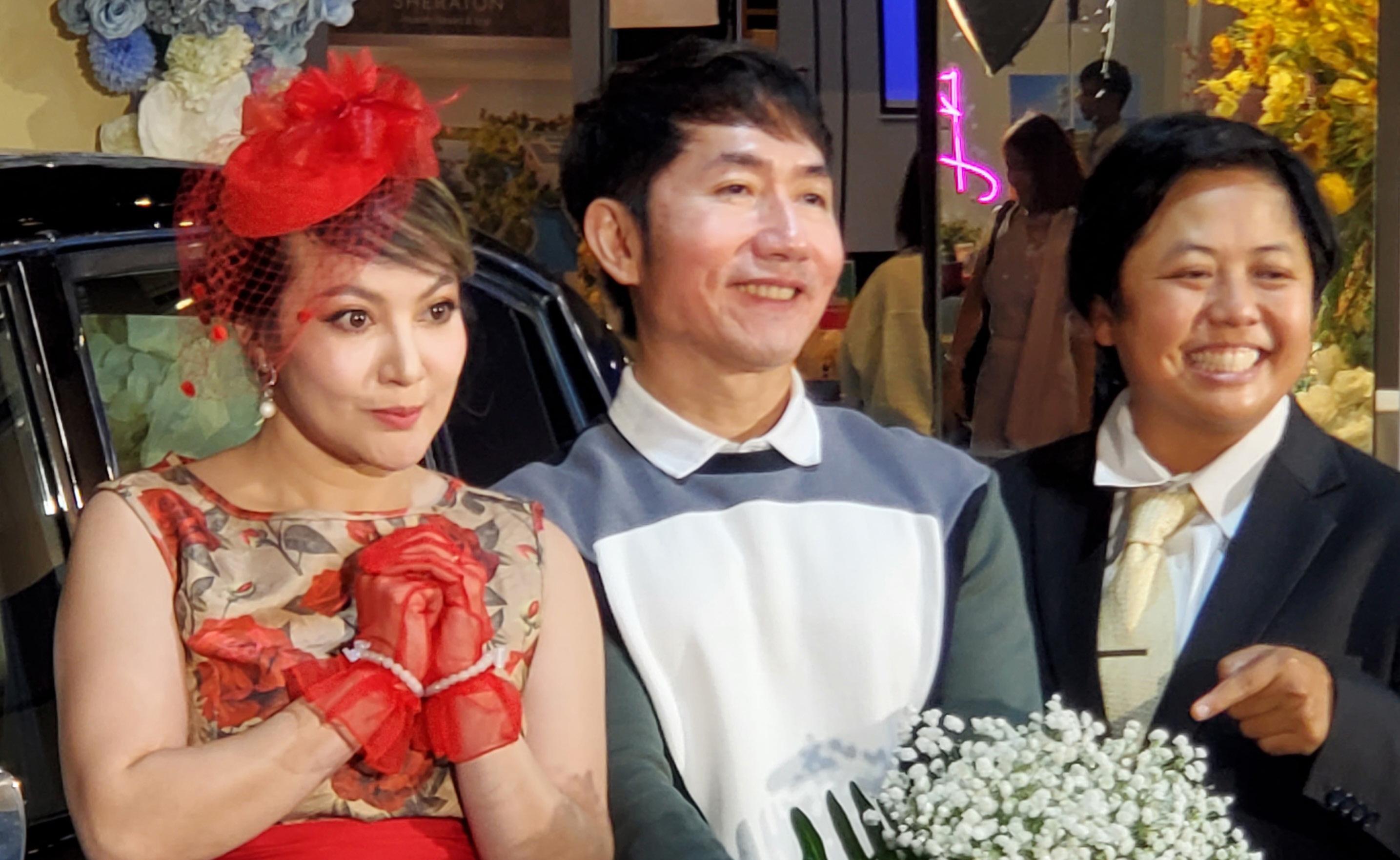
Dozens of Gay, Lesbian, and Trans couples flocked to the Bluport Mall in sunny Hua Hin, Thailand, on Thursday to register their unions and celebrate the first day of marriage equality in the Land of Smiles.
Thailand, long known as a welcoming destination for LGBT travelers from other lands, finally said “I do” to marriage equality on Thursday, January 23, after a long, multistep legal process.
“I never thought we’d be able to marry legally,” said Pook, beaming at her new wife, Da. Together for 35 years, the women lived in Bangkok before retiring in recent years to the neighboring province of Phetchaburi. Pook and Da married in a traditional ceremony four years ago but still wanted the legal protections of spouses, including inheritance rights.
“We are so happy,” gushed Ber, 22, moments after making it official with his handsome partner of two years, Dew, 25. The two grew up in other towns but now live in Hua Hin, a tourist-rich beach town of 60,000 on the Gulf of Thailand, a threehour drive from Bangkok.
In Thailand, marriage becomes official not in a church or a courtroom but in a government office. Thursday, the provincial government and the local chamber of commerce took over the entire Hua Hin Convention Center, where couples registered their marriages with clerks and consulted with experts on the effects of legal marriage. On a nearby soundstage, Fluke, the lead singer of KnockDown Music, channeled Elvis with his smooth baritone rendition of “Fools Rush In.”
Two dozen sales reps staffed booths where hotels, restaurants, florists, and musicians offered wedding and honeymoon packages. Thitinan Sueathong, who goes by “Pooky,” is the wedding sales manager at the Hua Hin Marriott. She and her colleague, Natt, handed out glossy brochures and sample menus. Has marriage equality brought them more business? “We hope it will,” said Pooky. Annie, marketing and sales manager for the Pranburi Cabana Resort, and her colleague Lek excitedly touted the beauty of their venue, just a 20-minute drive from
Background
Business seems to have been the deciding factor in the Thai government’s decision to legalize marriage equality. A recent government study estimated that marriage equality would pump the equivalent of US $2 billion into the Thai economy each year.
Socially more traditional than most Americans realize, Thais resisted recognizing Gay couples’ unions for years until a new party promising marriage equality and led by a charismatic young man called Pita Limjaroenrat won a shocking plurality in the parliamentary elections in 2023. Unfortunately for Pita, he also promised to repeal the laws that strictly forbid criticizing the king. This angered most of the country — including, most importantly, the army — and led to his party being abolished and Pita himself being banned from politics.
But Pita’s brief success made an impression, and the ruling Red Shirts and their corulers, the army, accepted that the advent of marriage equality was inevitable. The law finally passed last year and became effective on January 23 this year. Up in Bangkok, the capital, one hundred couples were joined in a mass wedding in the city center. Later in the day in Hua Hin, dozens of newlyweds sat quietly and listened to speeches by officials ranging from the elegant, elderly governor to the soft-spoken mayor, who donned a rainbow tie for the occasion. The first 23 couples to register received prizes, including a trip on the Royal Blossom train, free luxury accommodations, and a gourmet dinner. They were polite and respectful of the politicians, as Thai people are, but you got the idea they really wanted to get home and start living their married lives.
Special thanks to Lek Wanamethin, who made this article possible by translating the interviews.
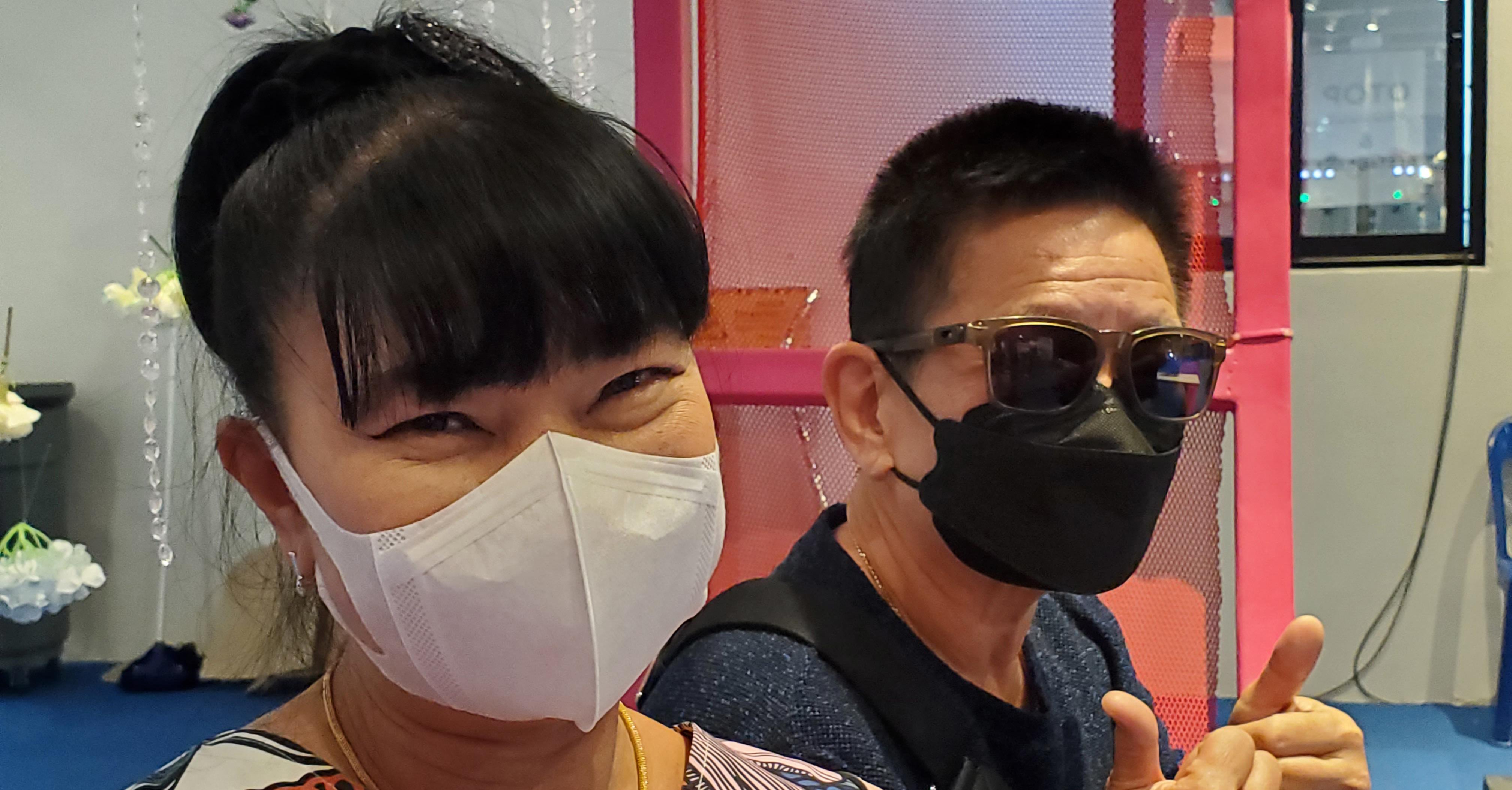
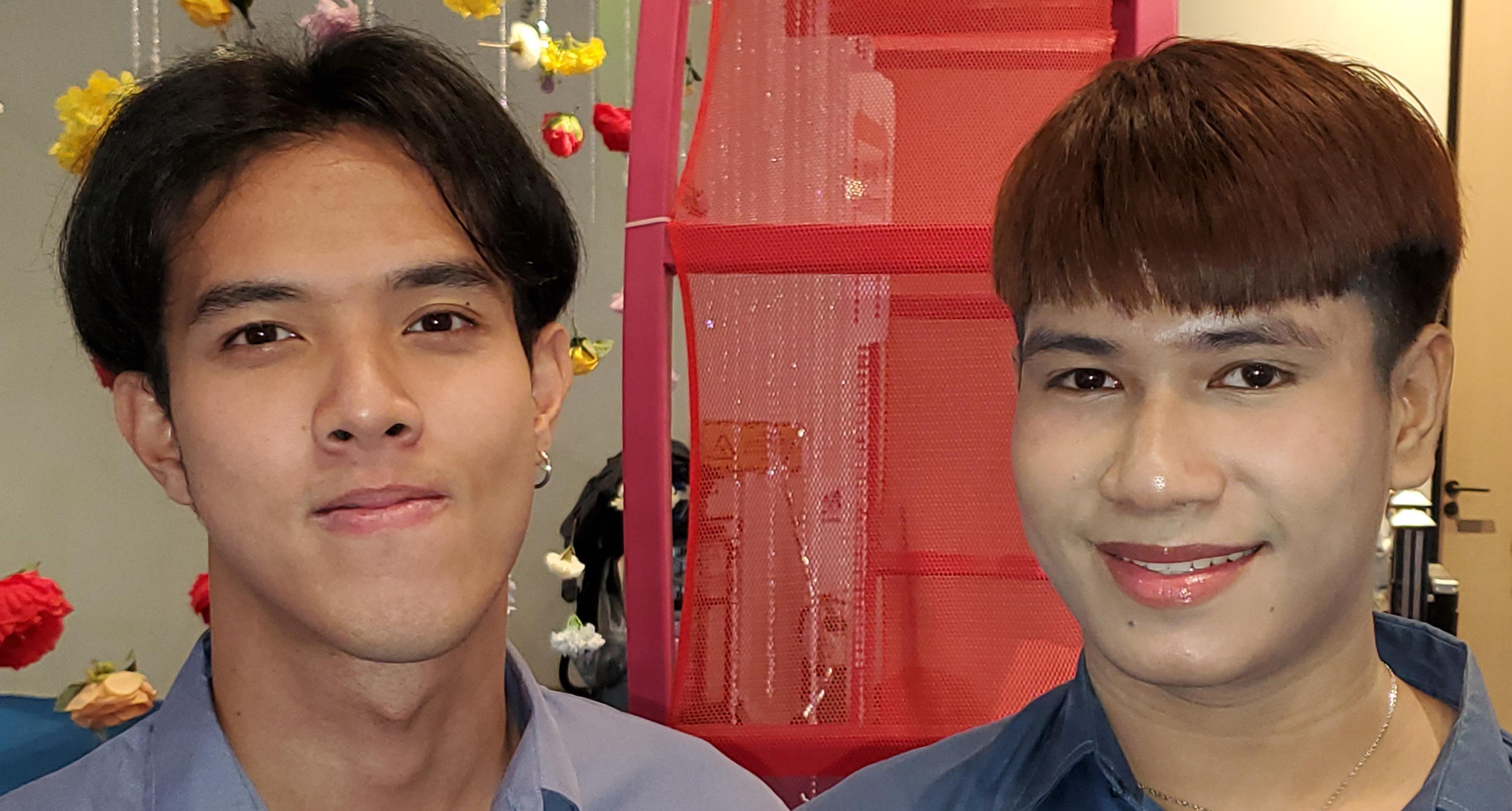

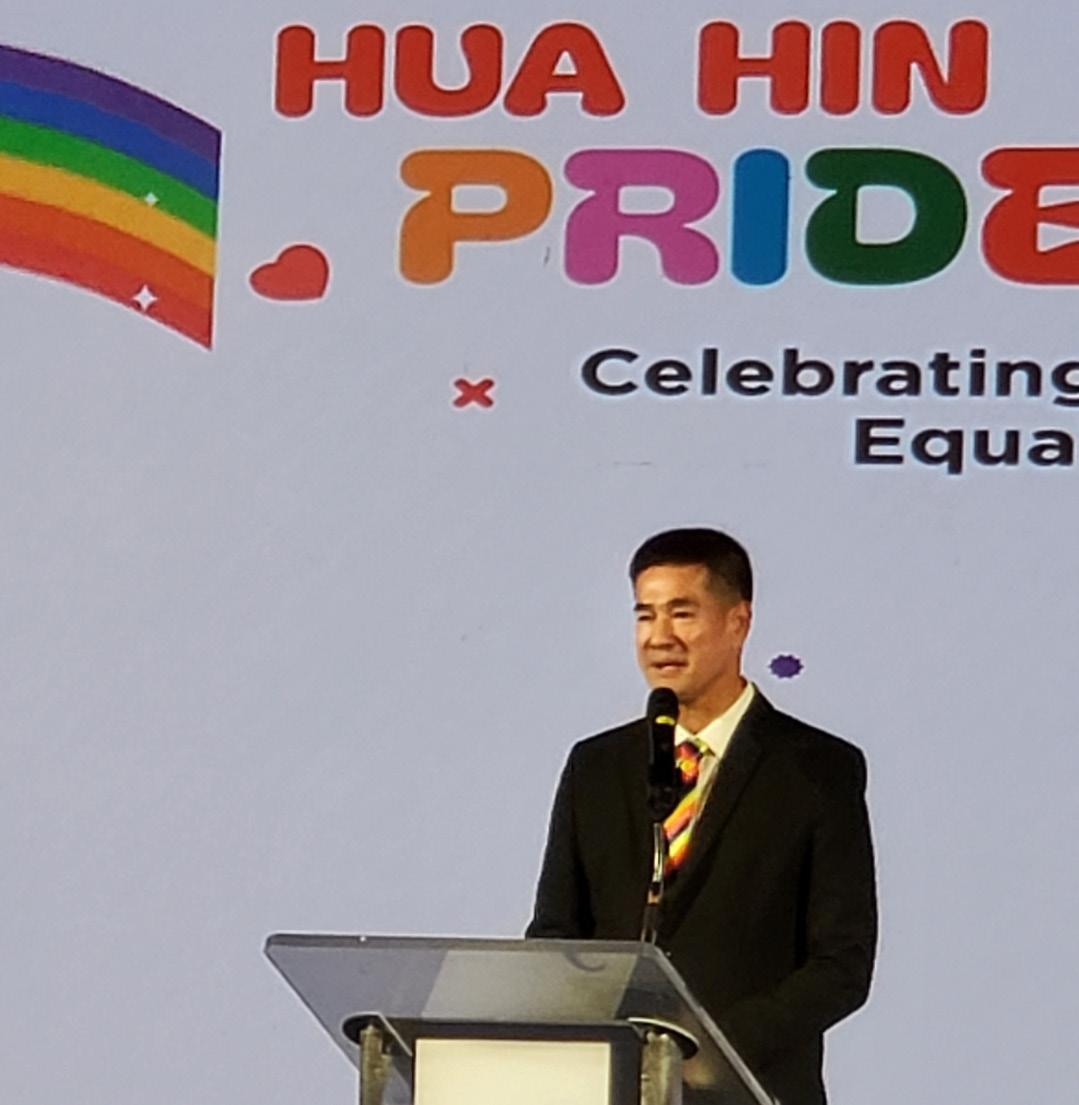
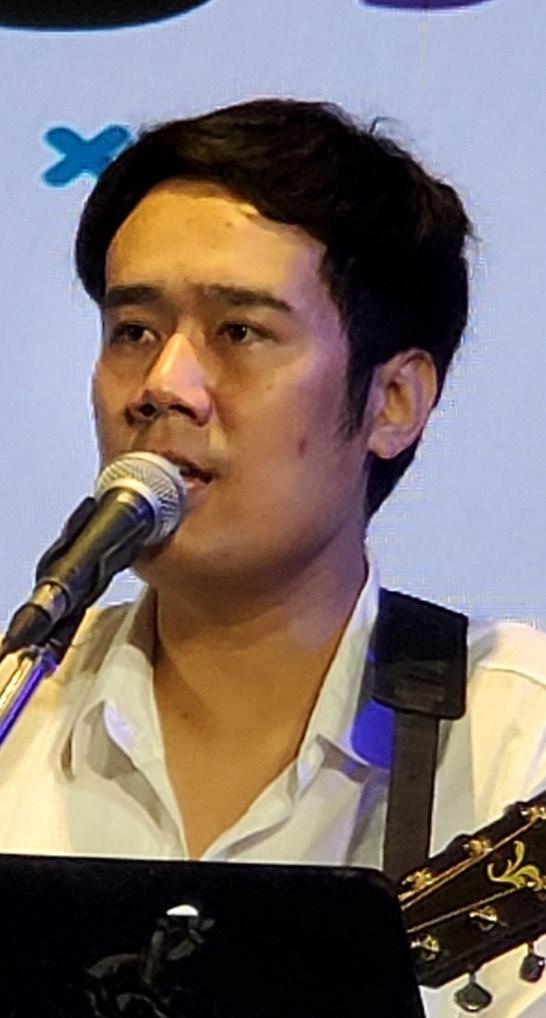





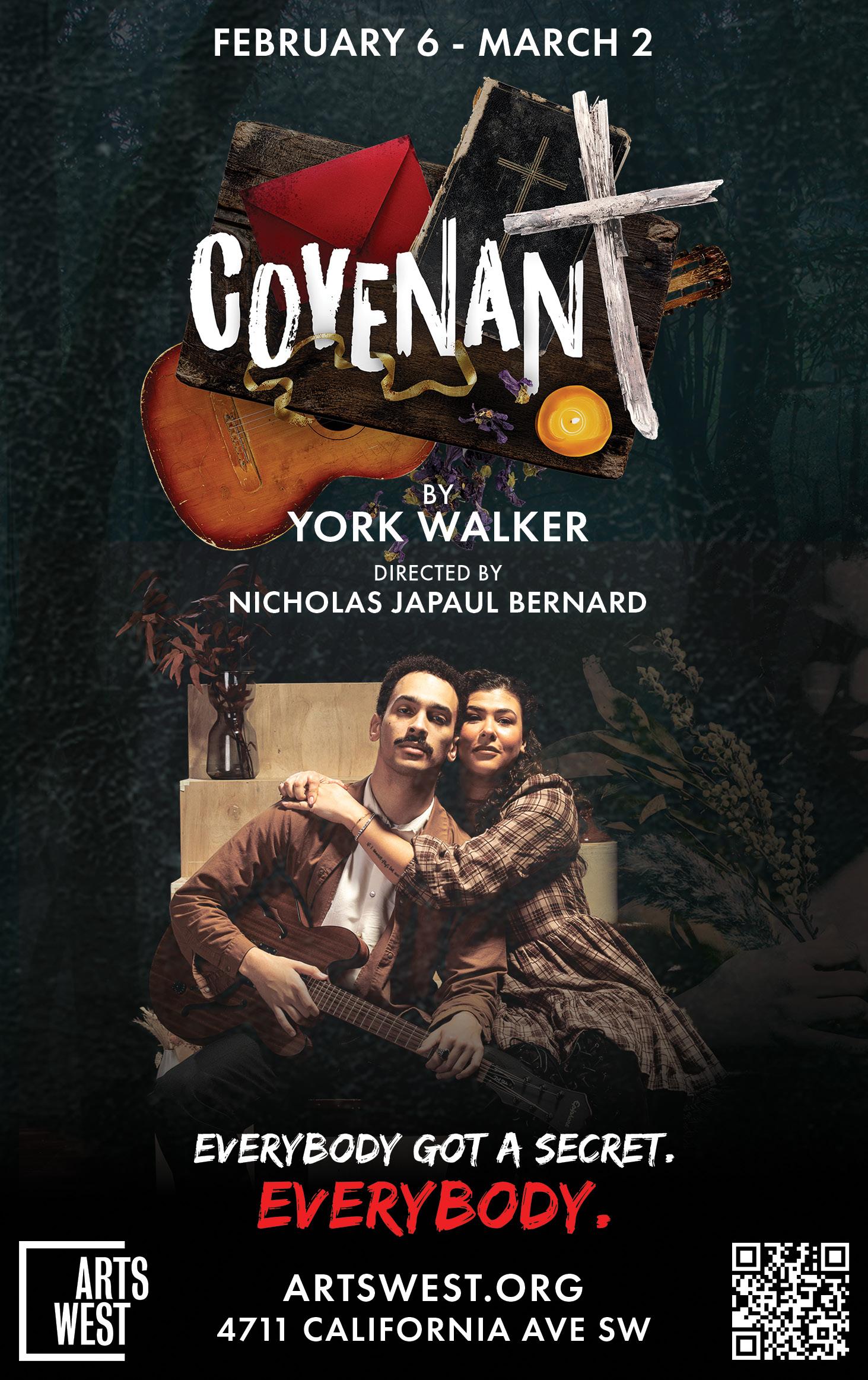



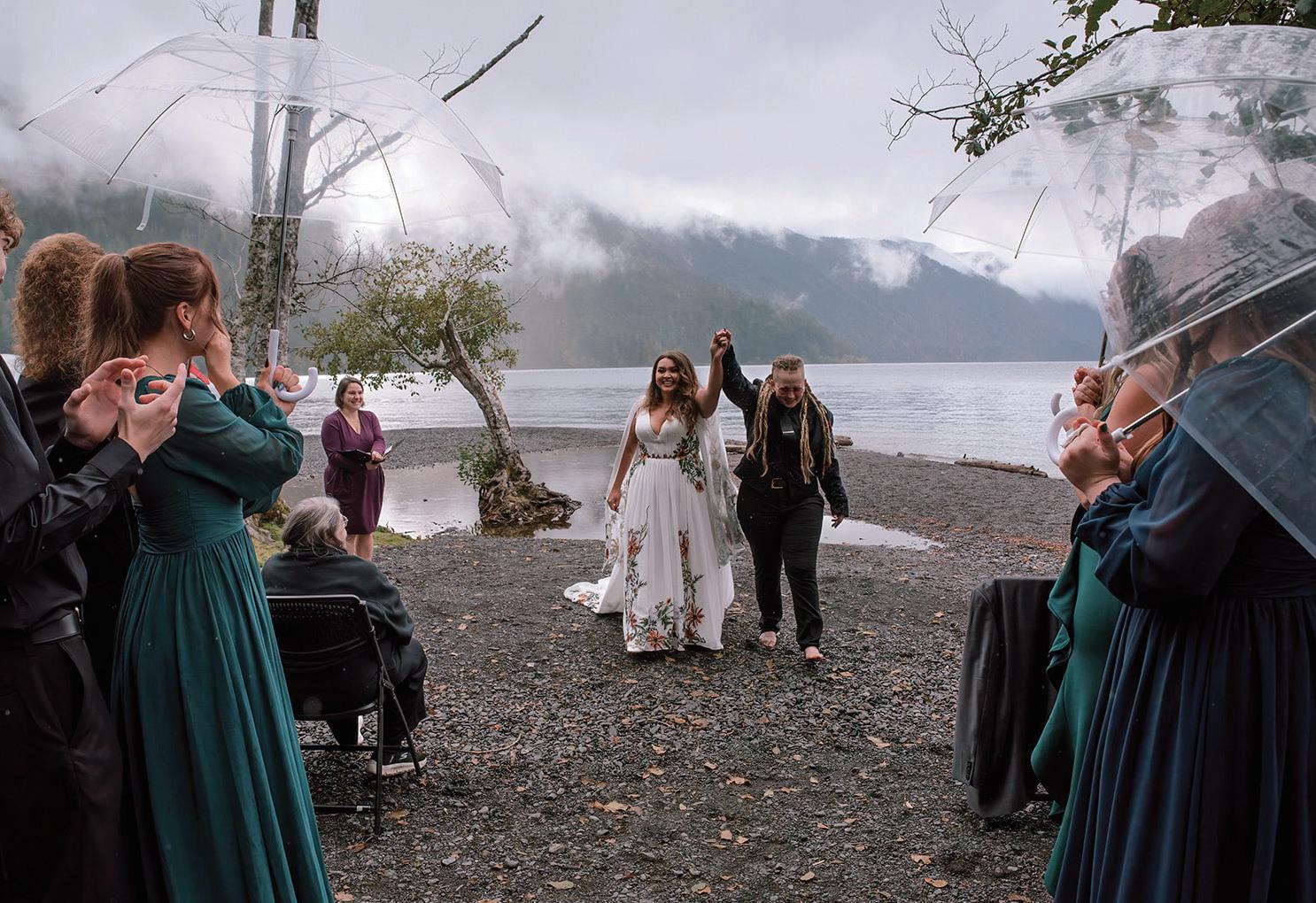
On October 14th, Jada and Raini exchanged vows in an intimate outdoor ceremony on the picturesque shores of Lake Crescent in Olympic National Park.
The celebration continued indoors at Field Arts & Events Hall, where a spacious, flexible setup accommodated their guests for a seated dinner and lively dancing.
With room for 20-250 seated guests, and up to 400 standing, the venue’s excellent acoustics and advanced AV equipment ensured a dynamic, unforgettable experience. Our experienced staff took care of every detail, allowing the couple and their guests to relax and enjoy the night.
The romantic scenery, all-season adventures, and mild climate of the Olympic Peninsula make it an ideal destination wedding location all year round.
Let us make your dream destination wedding easy. Special rates available for mid-week and off-season celebrations. Reach out today for your free rental quote.

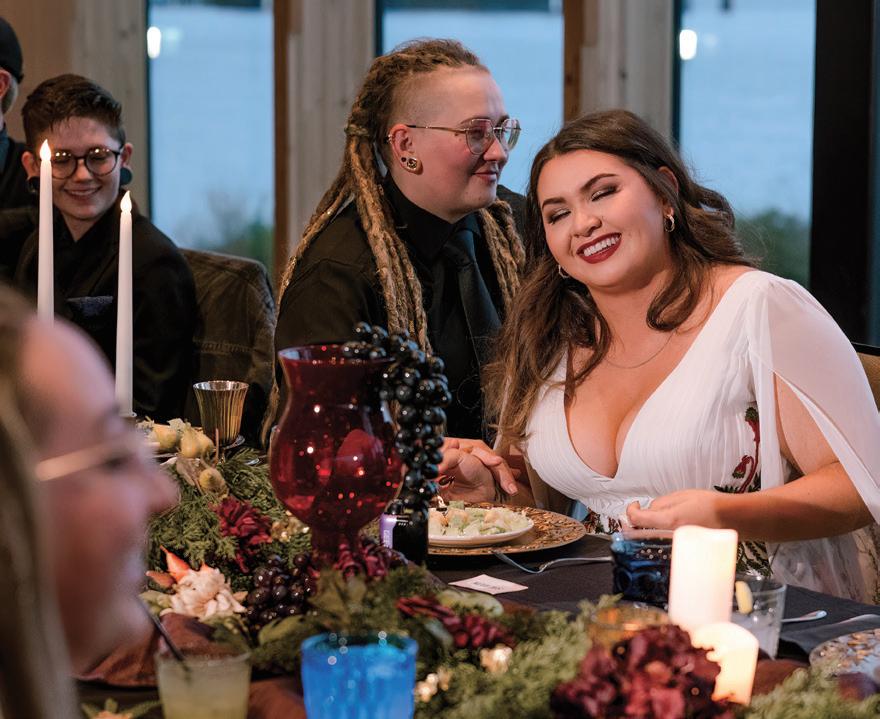
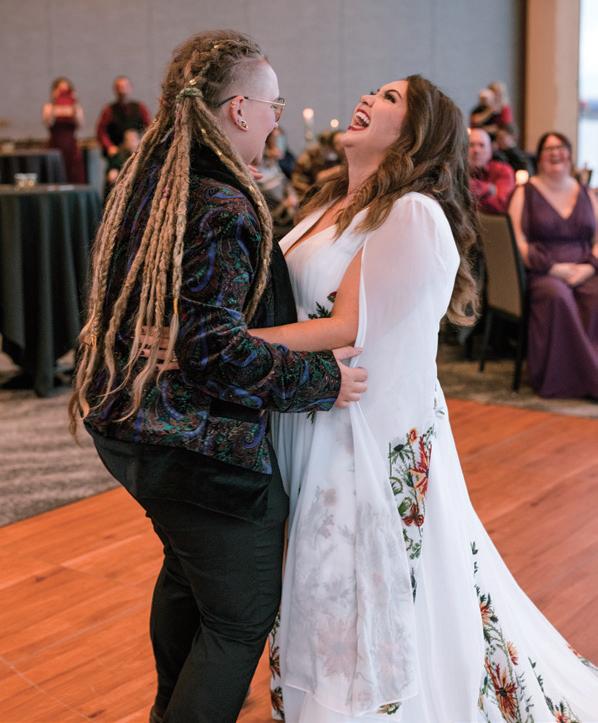
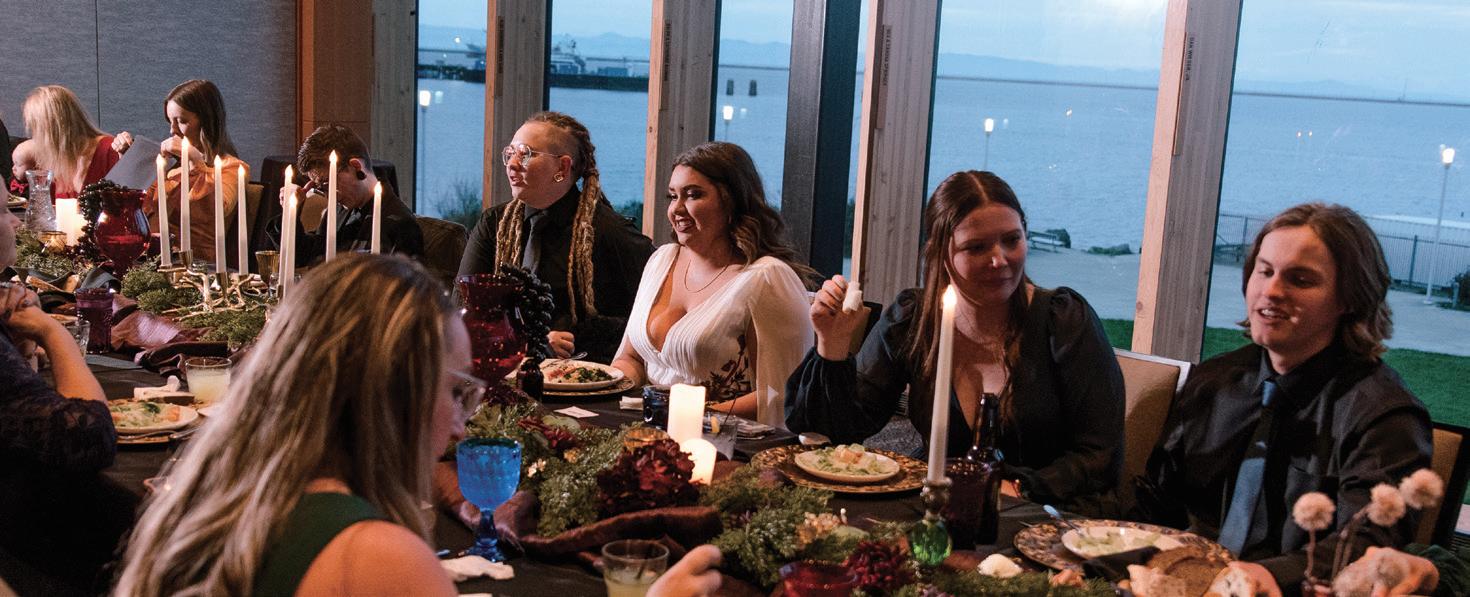


BY MARIE GARCEAU SPECIAL TO THE SGN
With Valentine’s Day fast approaching, there can be pressure to do something nice for that special person. The holiday offers profound joy and significant challenges for those who take it to heart. While many participate, countless others avoid it at all costs.
For those in recovery from substance use, dating and relationships can carry an added layer of complexity as sobriety and personal growth intersect with the emotional demands of intimacy. Fortunately, there are practical tips for sober dating and community resources in Washington State for those recovering from substance use ( https://www.addicted.org/news/navigating-love-and-romance-during-recovery).
There are challenges in romantic relationships because of the inherently unpredictable nature of romance. Anyone going through anything challenging in their life knows this to be true when romance enters their life at a difficult time, such as recovery from a substance use disorder. Unfortunately, for those in recovery, engaging in social situations that might involve alcohol or drugs, often a feature of modern dating, can be triggering.
According to the National Survey on Drug Use and Health, about 24% of Washington State adults 18 and older used illicit drugs in the past month. The National Center for Drug Abuse Statistics also indicates that over 15% of Washington adults over 18 binge-drink at least once per month.
In the LGBTQ community, these issues are often amplified because of strained family relationships and people struggling
with sobriety and romantic relationships. According to The Substance Abuse and Mental Health Services Administration, sexual minority adults were more likely than straight adults to have had a substance use disorder in the past year. About onethird of Bisexual males, Bisexual females, and Gay males had a substance use disorder in the past year, along with one-fourth of Lesbians.
You don’t always have to avoid romance if you are new to sobriety. Prioritize your recovery and make sobriety the non-negotiable foundation of your life. Before entering into a relationship, have confidence in your ability to maintain your recovery.
Most importantly, be honest with those you are beginning a relationship with, whether in recovery or not. Transparency about your recovery journey can set the tone for a healthy relationship. Discuss your boundaries and triggers early to avoid misunderstandings.
Building trust requires open and honest communication about past struggles and current goals. Clear expectations about triggers and personal needs can create a safe environment for both partners.
When you are dating, choose soberfriendly activities. Choose dates that don’t center around alcohol or drugs. Hiking, art classes, coffee meetups, playing sports, going for walks, casual lunches, or visiting museums can provide fun, sober alternatives. Be creative, and search locally for things to do. Exploring activities and creating routines that support a sober lifestyle can deepen the bond and reduce risks.
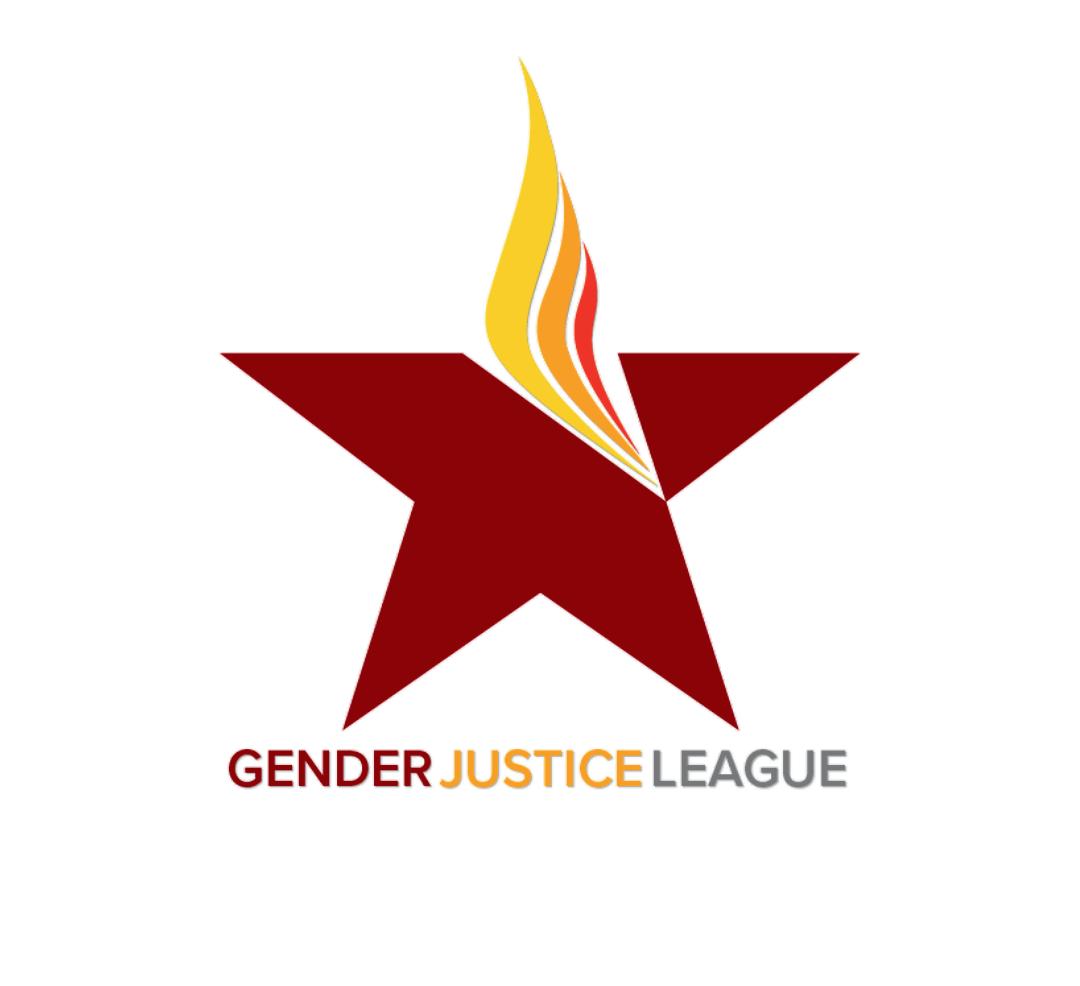
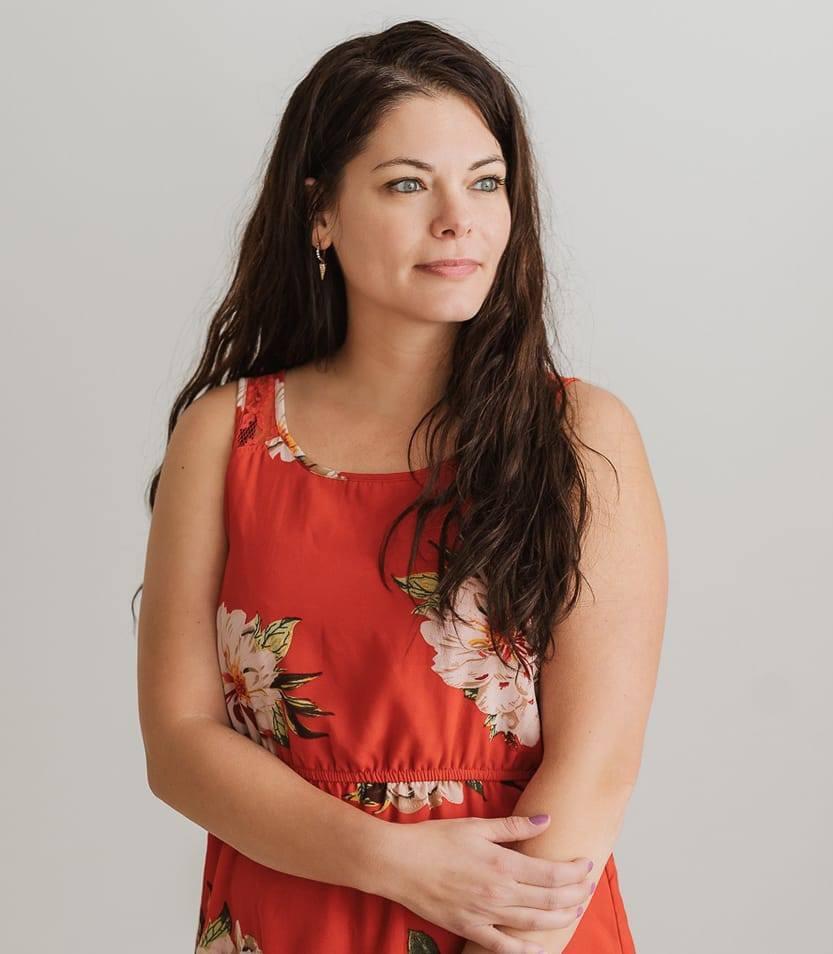
Finally, lean on your support network. Stay connected with sponsors, therapists, or support groups to process emotions that arise during dating and relationships. In Washington State, the LGBTQ Commission lists support resources in every county. In addition, the Washington Health Alliance offers LGBTQ+ mental health resour-


Marie Garceau has been working in the field of substance use and addiction recovery for over a decade. She works at DRS (https://www.addicted.org) and primarily focuses on reaching out to the community and spreading awareness.
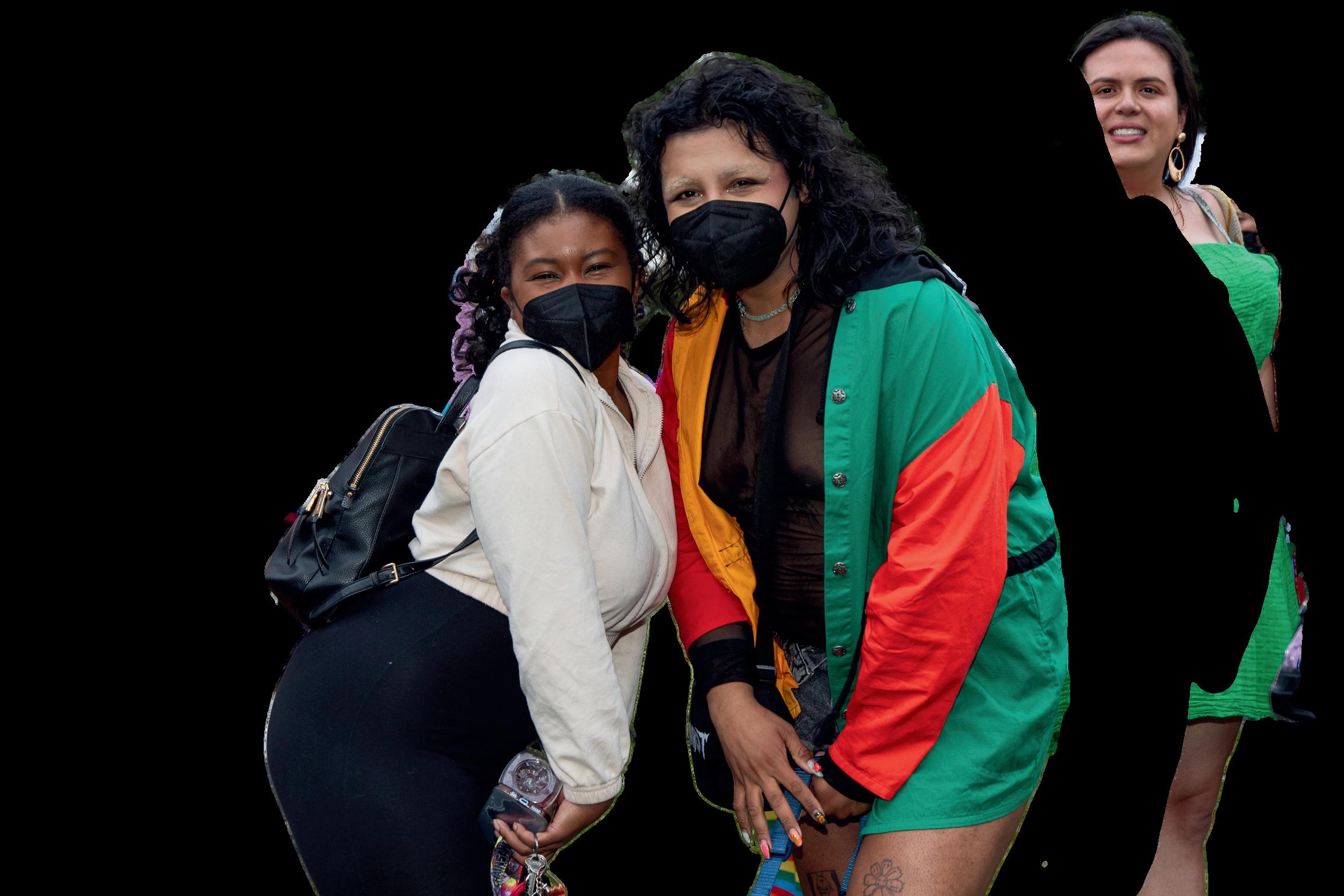
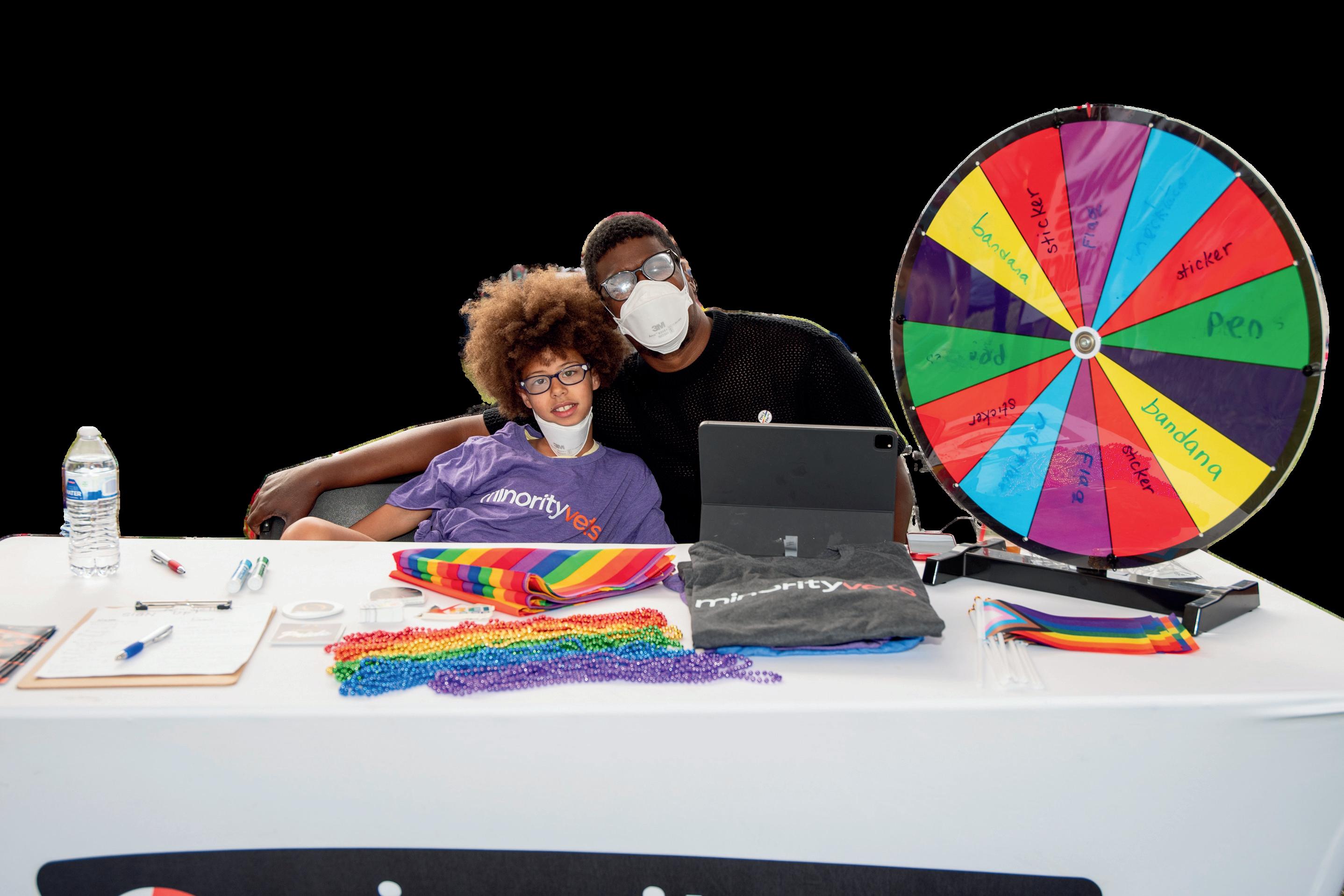
BY LINDSEY ANDERSON SGN STAFF WRITER

Dating today isn’t what it used to be. While apps have made the experience manageable and safer for Queer people, the depersonalization of the interface has left many feeling unfulfilled.
Over half of all LGBTQ+ people use dating apps, according to the Pew Research Center. In 2024, Tinder was the most common, followed by Bumble and Hinge. For LGBTQ+ apps in particular, Grindr was the most popular.
Nielsen data shows that 223,000 adults in the Seattle area use dating apps, making it the second-most-popular city for digital connections. Here, 14% of adults under 35 use apps to search for a partner — almost twice as many as the national average.
Despite their popularity, people are split on whether they make finding a partner easier.
“Twinks only”
Sam Crabtree has been using dating apps since 2017, though he’s been on few dates. “I [haven’t] been committed enough to the whole thing to want to sustain a conver-
sation with a stranger or be active on the apps,” he admitted.
Crabtree usually sticks to Scruff, Grindr, and Tinder but occasionally uses Hinge. Though he uses Grindr most, he’s found more frogs than princes. “I keep getting messages from 70-year-olds with ‘twinks only’ in their bio,” said Crabtree, who is in his 20s.
He is open to an age-gap relationship but is deterred by the men on Grindr. “It has less to do with age and more to do with mild to severe fetishization,” he said. “I could meet someone in their 50s or 60s I might find attractive, but they’re generally not the ones with ‘twinks only’ in their bio, and oftentimes the vibes are not ideal or humanizing. And if you see ‘just a hole’ on a 75-year-old’s page, you get the sense that their life may not be in its most ideal era.”
Tesla lover
For Torria Pace, Tinder is also a minefield for strange encounters. They once met up with a match who was too into his Tesla. “I was teasing him about [the Tesla], and he got defensive and was like, ‘It’s a beauti-
ful car,’” they recalled. “He kept going on about how it looked, which was weird.”
Eventually, he started complaining about an injury he sustained from “working on his car.”
“You can’t work on a Tesla,” Pace said. “You have to take it to the mechanic.” After some pressing, the date confessed: his injury didn’t come from working on the car but rather in it.
The man had installed a language-learning model into his car and attempted to teach it how to love him. “It escalated to this Her-style Tesla jerking over multiple years, where he just sort of sat weirdly in the car and had his car seat crush him while he did his dealings, and that’s why his ribs hurt.”
Despite the lousy date, Pace continues to use Tinder. “I still use it because I like a weird story,” they admitted. “It made me wonder how men can have so much money and so little therapy.”
Happily ever after
Despite some bad experiences, Pew found that one in ten partnered adults met
their significant other on a dating app. That was the case for Harry Smith.
“I joke that I went through the trenches to find my man, but I kind of did,” he said. “I went on many dates that were just okay, only a couple of bad ones.” He met his nowboyfriend in June 2023 when he liked his profile. “I noticed he had a fun fact about the Titanic on his profile, so I messaged him and said I had a friend who is obsessed with the Titanic, and he said, ‘Now you have two!’”
On Hinge, people highlight their personalities in their profiles. “I appreciate the prompts that Hinge provides. It gives you a better chance of gauging chemistry before talking or meeting in person,” Smith said. “It is still difficult when people give lame or unoriginal responses, but sometimes you get lucky and find a gem.”
Whether you love or hate them, dating apps are here to stay, especially in Seattle. Because swiping opens up a much larger pool of people to interact with, using the apps can involve some strange encounters, but if you’re lucky, it might lead to a lasting connection.

BY LINDSEY ANDERSON SGN STAFF WRITER
Seattle’s original hot tub boats provide an opportunity for wet, hot, and steamy dates on Lake Union. Many book the luxurious experience in the summer, making winter the ideal time to hop aboard.
Her favorite part was adding bath salts to the tub. However, she noted, “I wish I had known we could’ve brought outside food too.”
Taylor Kaminski also took the vessels out for a girls’ night and agrees that winter is the best time for this. “I went on a slightly
Golda Ferrez took the boats out for a spin with her gal pals for a girls’ night out. “I liked that we could navigate ourselves,” she told the SGN. Ferrez was surprised by how easy they were to drive but noted, “They don’t go fast. No donuts.”
cold day,” she said, “I wouldn’t want to do it when it’s hot.”
Those wishing to enjoy a private Valentine’s Day boating getaway will need a valid driver’s license, the ability to operate a joystick, and at least one person over the age of 21. Users can enjoy views of Gas Works Park, the Industrial District, and charming houseboats, all within the privacy of their
floating tub, kept at a balmy 104 degrees. Though alcohol is prohibited onboard, each craft comes with a complimentary cooler filled with cold water and a speaker that can connect to any device to play your most romantic songs.
For more information, visit https://www.seattlehottub.com


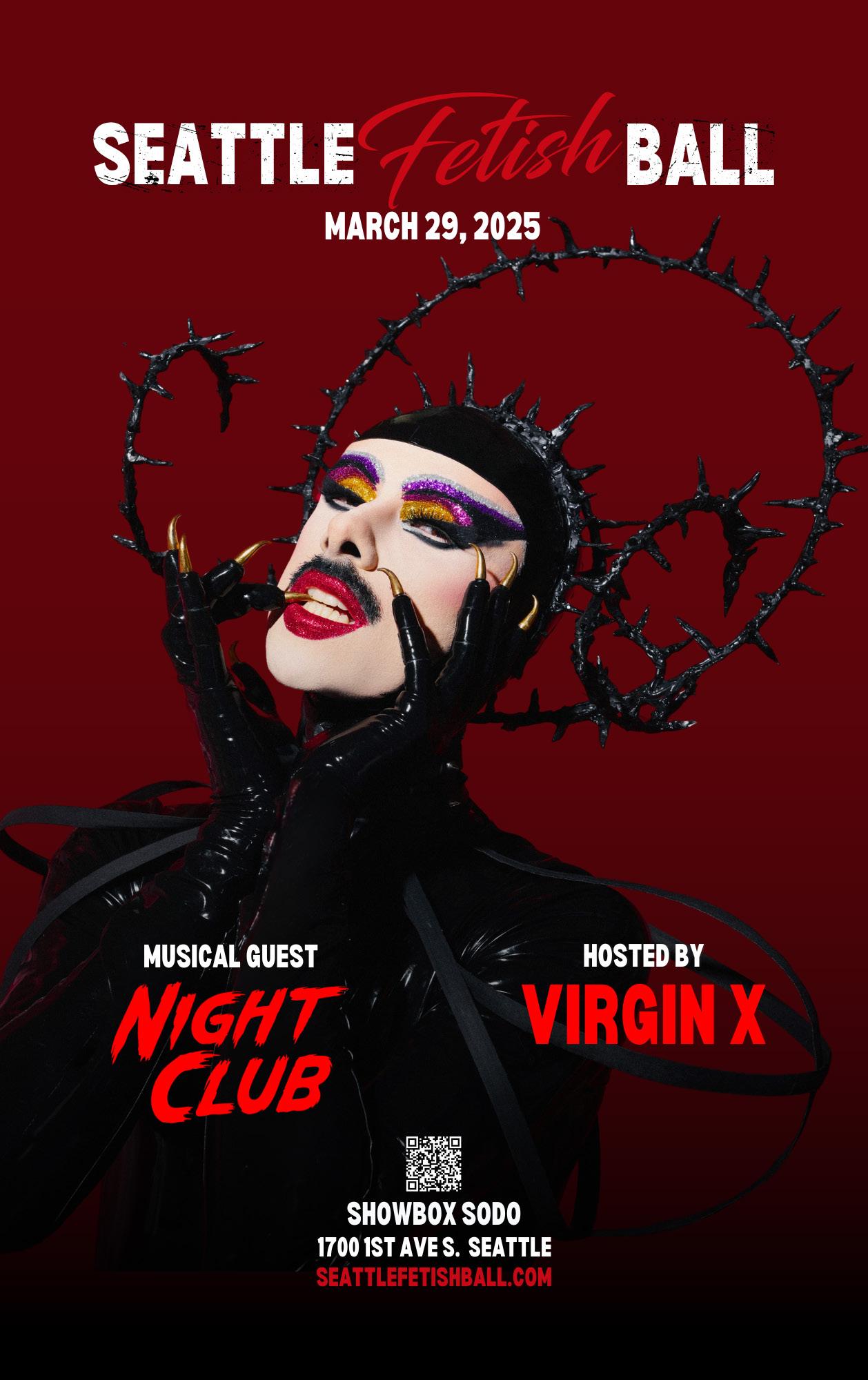

BY TEDDY ROMAN
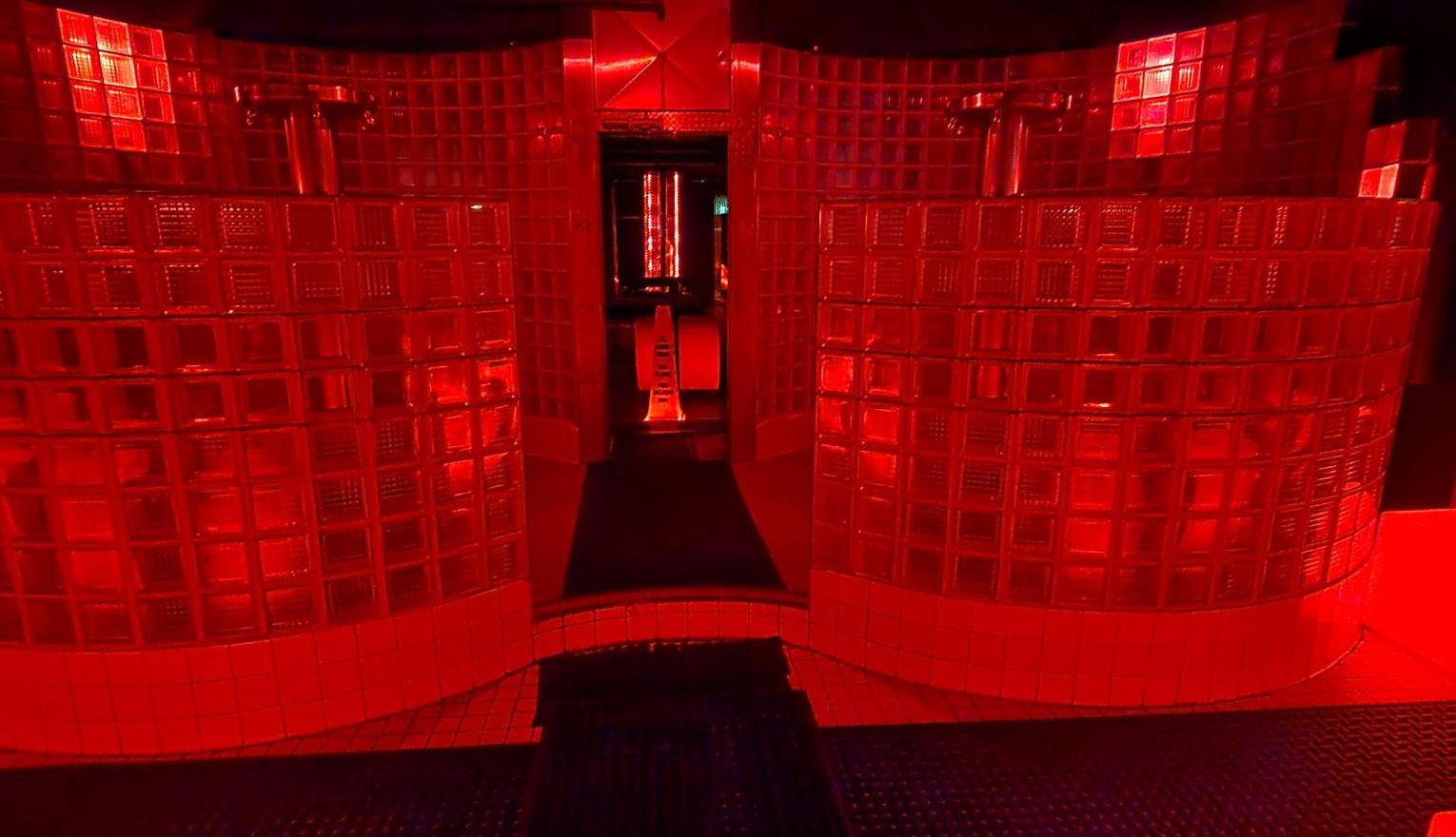
In the heart of Capitol Hill, a nondescript gray building houses one of Seattle’s most vibrant sexual spaces. Steamworks, one of the city’s two Gay bathhouses, maintains a relatively discreet profile, with its industrial vibe and sparse, ambiguous signage. Yet it is one of the most frequented sexually oriented businesses in the Pacific Northwest.
Steamworks is more than just a venue for both Cis and Trans Gay male sex — it’s a sanctuary of self-expression and liberation. Faced with evolving societal attitudes and changing norms, it and similar businesses remain crucial to Queer communities, carrying a legacy that resonates far beyond their walls.
A sexual safe haven
In a cultural climate increasingly bent toward prudishness, Queer sexual spaces such as Steamworks serve an important function. According to General Manager Chris Peterson, these businesses represent one of the last frontiers in the fight for liberation, providing a safe haven for oftenstigmatized sexual expressions.
“I think sexual spaces are still important today, given the continued reluctance of straight people to be confronted with Gay sex,” Peterson wrote to the SGN in an email. “Yes, large majorities of people in the US and other democratic societies support LGBTQ rights for the most part, but are they comfortable watching two men having anal sex?”
The stigma placed on Gay sex has always proved a barrier to broader acceptance and rights. For those who may bristle at the suggestion that Queer rights depend at least in part on acceptance of Gay sex, it is help-
ful to remember the rhetoric that centered around Gay sex acts. In 1997, bioethicist Leon Kass argued in “The Wisdom of Repugnance” in The New Republic that the reaction of disgust, as experienced by many heterosexual people when confronted with Gay sex, is evidence of a deep-seated, inherited moral wisdom that can be relied on to determine right and wrong.
The “ick factor,” as the phenomenon became popularly known, was reflected in public statements by anti-Queer figures such as the late Rev. Jerry Falwell, former Sen. Rick Santorum, and former Gov. Mike Huckabee, among others.
“It’s important that we have these spaces to pursue our sexual orientations free of judgment,” says Peterson. “No matter how progressive your Aunt Edna is, I doubt she wants to watch fisting porn.”
Promoting sexual health and wellbeing
As a sexually oriented business catering to Gay men, Steamworks has served a unique mission in efforts to prevent and treat HIV and STIs. Bathhouses have long been important sites of information and resources, including the distribution of condoms, free testing, and public health messaging.
As Peterson explained, “Our clientele come from all walks of life... Some have limited access to healthcare. Some are closeted and maybe reluctant to discuss these matters with their doctors. Having access to anonymous HIV/STI testing at the baths can be a literal lifesaver for these people.”
To this end, Steamworks maintains a close affiliation with public health depart-

ments in providing accurate, consistent messaging around PrEP, Doxy PEP, mpox vaccinations, and emerging health concerns. Reflecting on the outbreak of mpox in 2022, Peterson added, “We worked hard to educate our members about it and direct them to where they could get vaccinated.”
Bathhouses’ role in sexual health is a direct outgrowth of the institution’s history during the HIV/AIDS crisis of the 1980s. Cities with large Gay populations such as San Francisco and New York, where the impact of the virus was most visible, took severe, often draconian measures against such establishments. Some, even those as Queer-oriented as San Francisco, still do not have bathhouses to this day.
Challenges and the path forward
Bathhouses are no relic. They remain important to Queer communities now, though they face a separate set of challenges than in their heyday, before AIDS. As vibrant as they are, those such as Steamworks face a number of difficulties as the city — and the nation — changes around them.
One of the biggest challenges is gentrification, said Peterson. Capitol Hill has been a center of development and its attendant growing pains for quite some time. “With the cost of real estate rising, especially in urban areas, a lot of these businesses just can’t keep up if they rent or are easily tempted to cash out if they own,” he said.
TheZClub, formerly Club Z, is the oldest and largest private men's club serving Seattle's Gay community, which sits mere blocks away. The Center for Sex-Positive Culture, located downtown and founded
in 1999, promotes open sexual practice and dialogue across diverse communities. The SGN reached out to both of these institution, but as of publication has not heard back from either.
Another challenge is the dominance of hookup apps on the Gay social scene. “We still serve a purpose,” Peterson added. “Inviting a stranger into your home or going to a stranger’s home can not only be risky but can easily get awkward. That risk is diminished when meeting someone in a space like ours. If you meet someone here and it does turn awkward, it’s much easier to politely ask him to leave your room at Steamworks than to ask him to leave your home.”
Additionally, Peterson cited the perennial frustration many users have with these apps, spending hours on fruitless conversations and indecisive chat partners. “A bathhouse is full of people with intent,” he explained. “Many people browse hookup apps with no strong intention of hooking up anytime soon (or ever), so that can lead to a lot of wasted time for those looking for an immediate sexual encounter.”
Amid societal shifts, technological advances, and economic pressures, Steamworks continues to serve as a vital space in Seattle’s Queer landscape by bridging gaps between health, sexual expression, and social pressures.
Your Aunt Edna may not want to see it, but without free sexual expression and the safe haven offered by such businesses, antiQueer stigma would be even harder to fight and Queer life would struggle even harder for liberation.
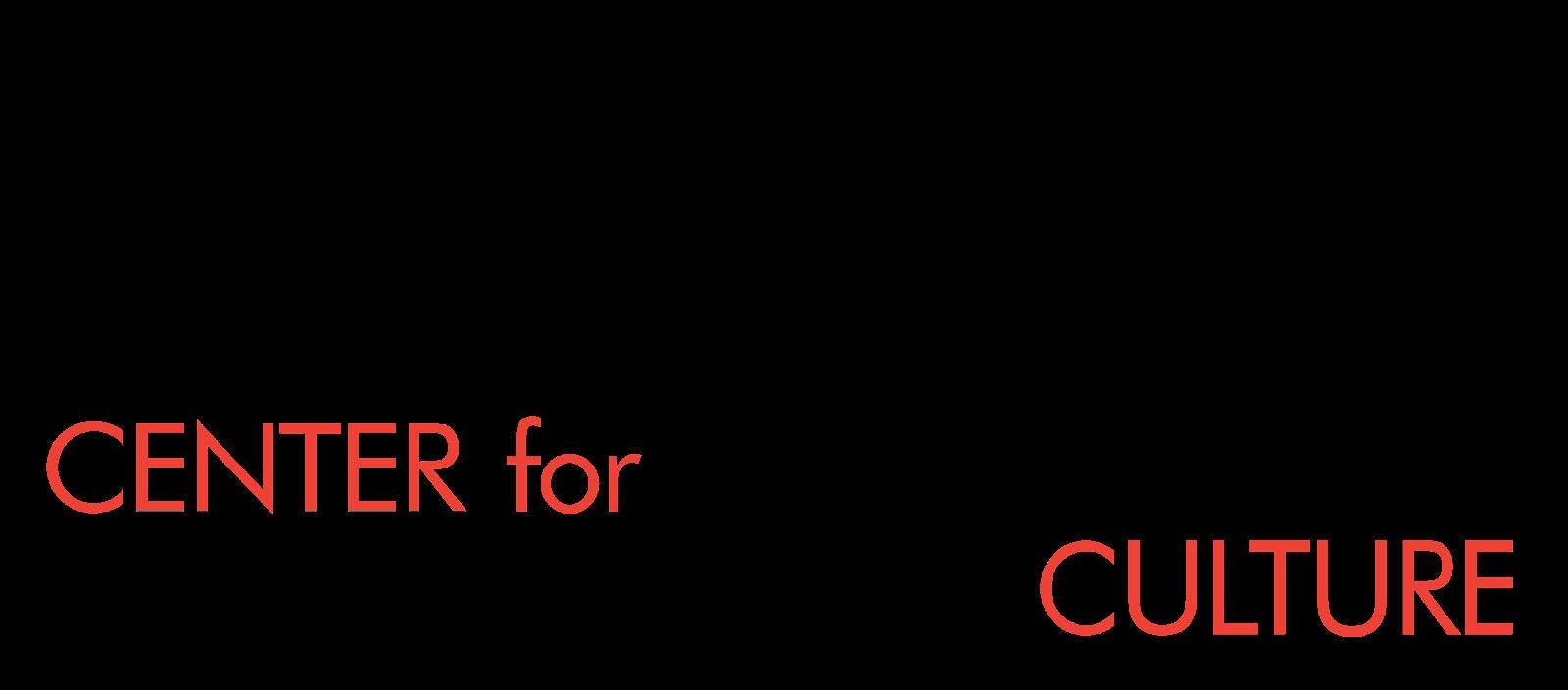
gramming to intentionally reflect a wider variety of Queer artistry and to provide more local artists with opportunities to
Some highlights of the next couple fold,” an all-Trans cabaret and dance party; ebrates Black and Brown Queer artists; and the “Live Nude Mammals” variety show, highlighting strippers, burlesque artists,
“We’re proud to offer programming that ily, especially given the political climate and the anxieties we face as a community,”
So turn off that sappy Valentine’s Day movie and come say “aloYAS” to the flirty, fun, and fabulous show that Colby is sure to
For info on upcoming shows check out
BY AUDREY OSCARSON

Earlier this month, additional policies went into effect regarding “the Stripper’s Bill of Rights,” or Senate Bill 6105. These laws and others like them were passed in the last year help to protect patrons and employees from harassment by customers and law enforcement, including at Queer bars, like the Cuff Complex, which the SPD raided last year, citing “lewd conduct.”
SB 6105 now requires dancers in adult entertainment establishments to receive training regarding their rights, how to respond to sexual harassment, and how to identify and report human trafficking. Panic buttons are required in rooms where the dancer might be alone with a customer, and establishments are required to keep record of any accusations against customers for sexual assault and requires them to ban those customers if there is sufficient evidence.
SB 6105 also prohibits establishments from collecting more than $150 or 30% of what a dancer makes in a night, preventing dancers from becoming in debt to the establishment, which can lead to dangerous situations. The law also provides a way for adult entertainment establishments to obtain liquor licenses, if they are in compliance with its other aspects.
New nudity rules
Additionally, it repealed WAC 314-11050, which banned nudity for employees and patrons at businesses that sell alcohol. These laws came under fire in January 2024, when multiple Gay bars were visited by the Liquor and Cannabis Board (LCB).
Kitty Glitter, who runs social media at the Cuff Complex and books its go-go dancers, has seen how these raids have affected staff and patrons at the Cuff. “Seeing how frequent it became, it felt like a personal invasion of space, because any
time there was an infraction, they would have to take a picture and document the infraction,” Glitter told the SGN. “They’re not just coming in here and threatening us with our jobs because someone’s ass is out, they’re taking pictures of my dancers’ bodies without consent.”
These lewd conduct laws have historically been used to target Queer bars, even after sodomy laws were repealed in 1975. While the Cuff isn’t legally designated as
an adult entertainment club, repealing WAC 314-11-050 has created a safer environment for performers, employees, and patrons, who are now able to show whatever they are comfortable with, without the fear of the police or LCB.
“We’ve been able to move in more of a direction with our programming that honestly just feels really fresh and fun,” Glitter said. “And we’ve seen an uptick in patron attendance since then, with people feeling
like it’s a safe space. We have embraced incorporating nudity into the atmosphere.” Glitter hopes that these laws will pave the way for Seattle to become more accepting and supportive of adult entertainers, and that the industry will become less stigmatized.
“It’s like since the LCB has left us alone, everyone can see that butt cheeks aren’t making society collapse. We’re very supportive of protecting our dancers,” Glitter said.
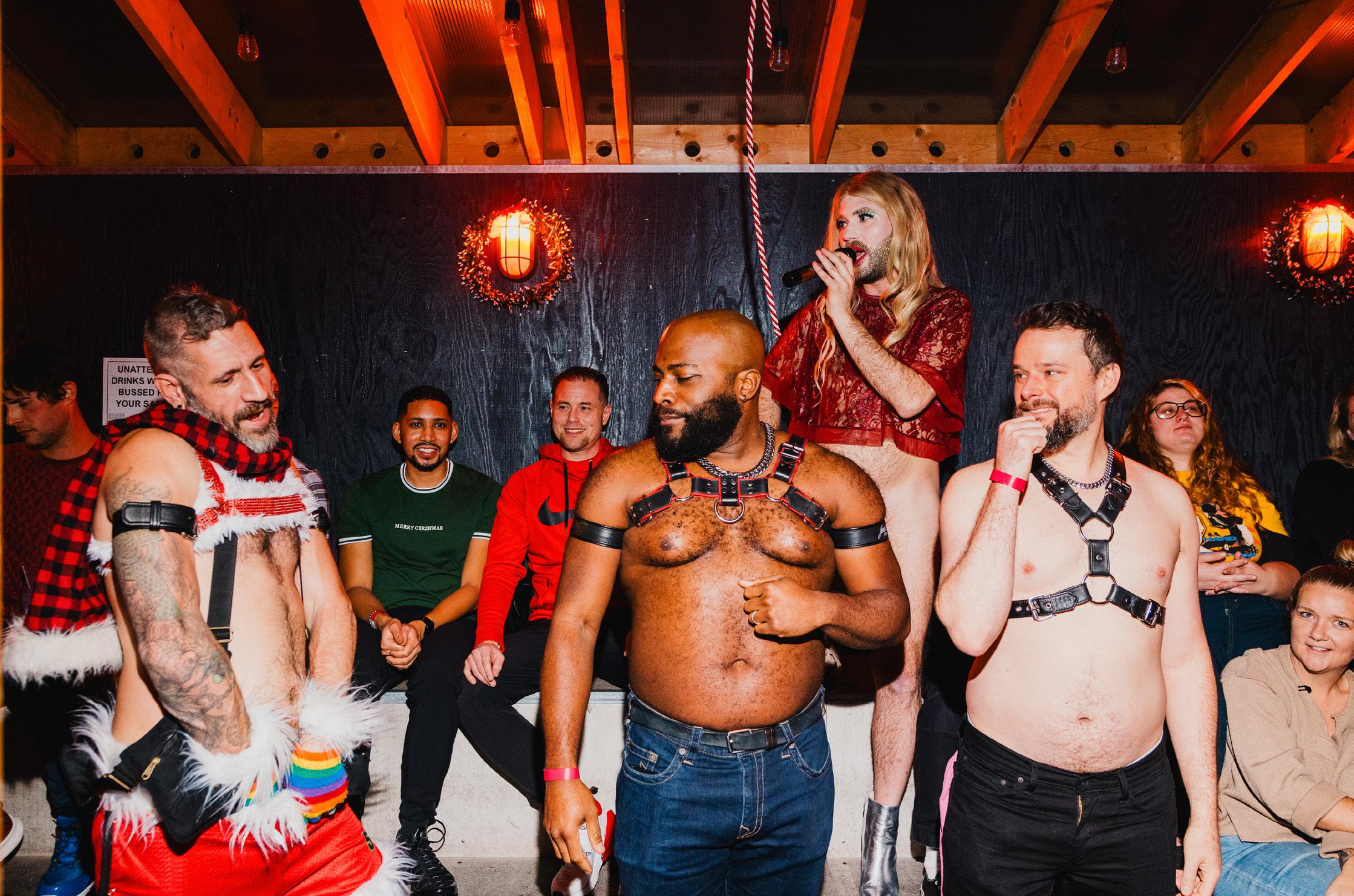
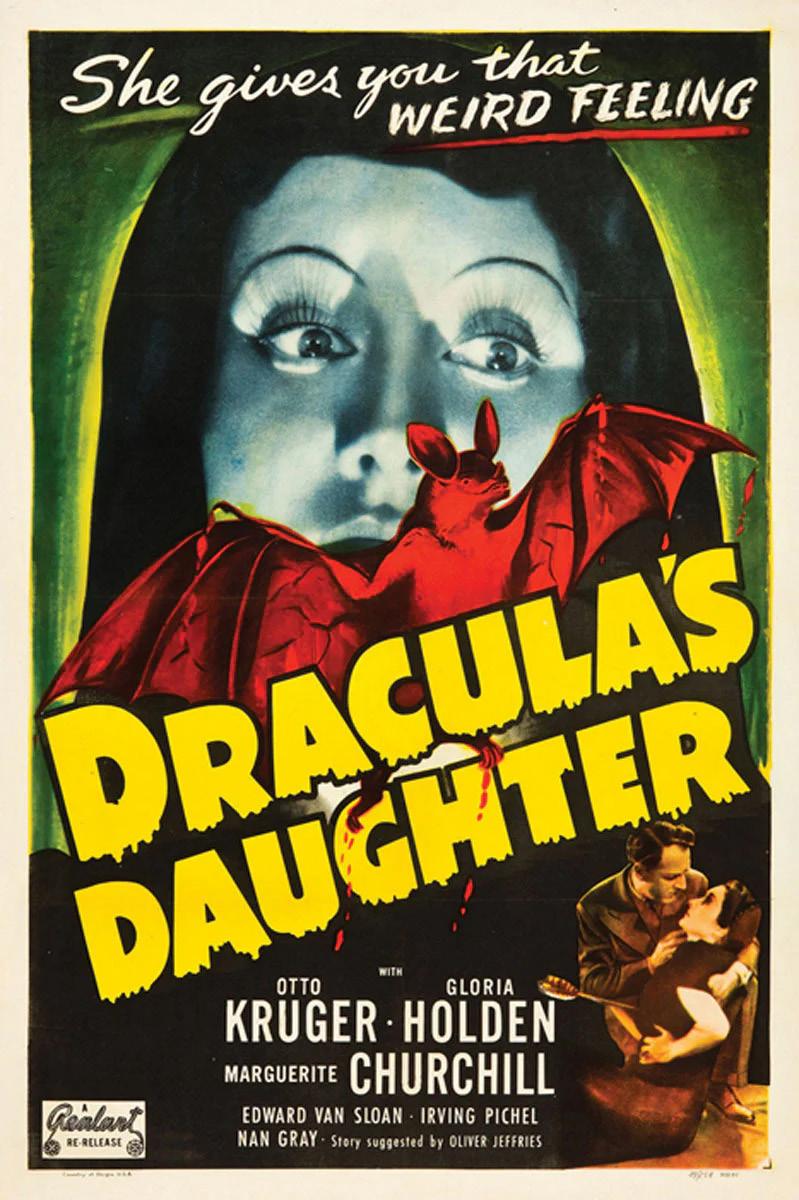
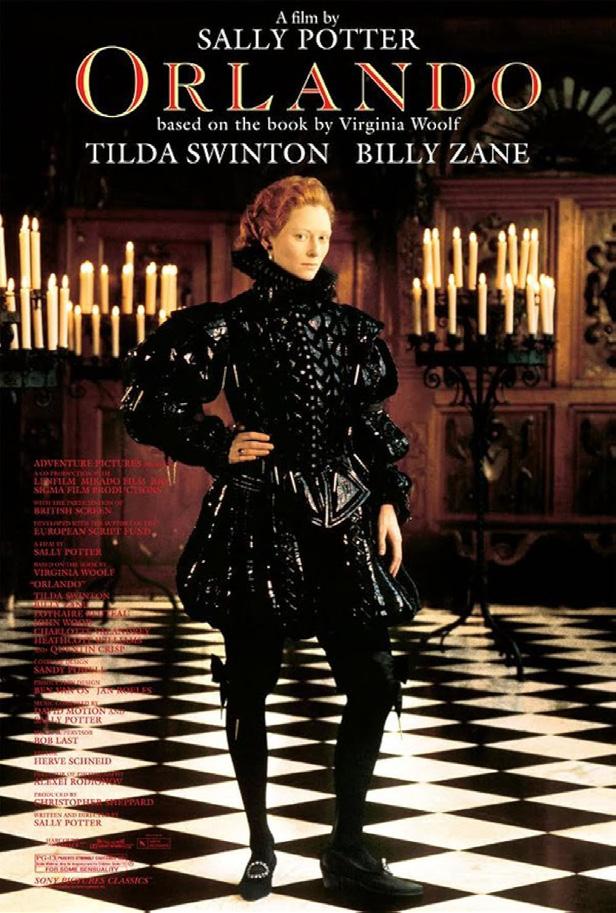
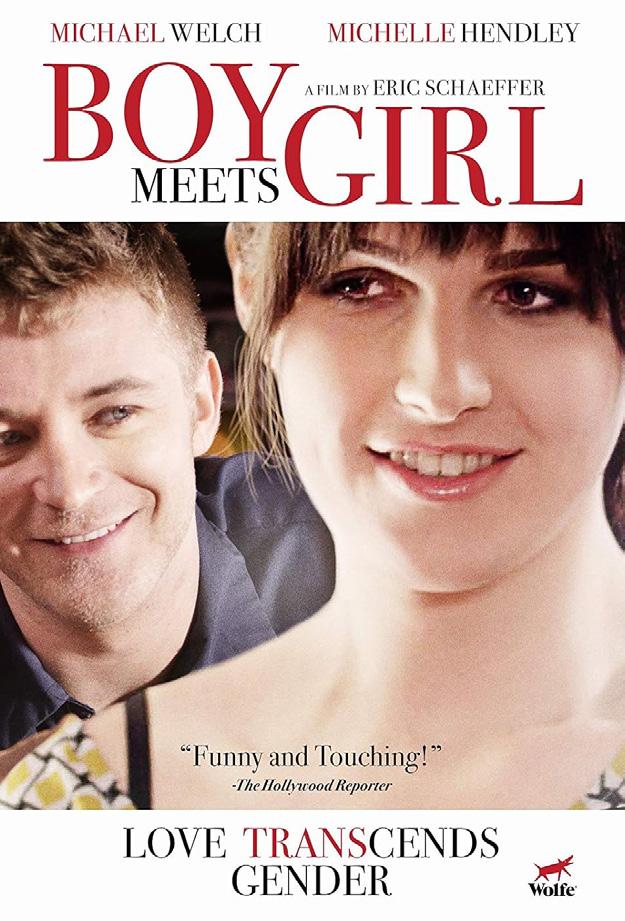
As a film critic, I’m used to getting asked unanswerable questions, and I have stock answers for most of them. The most frequent query I receive, naturally, is what I think the best picture ever made is. I typically respond by stating some variation on “Hopefully the next one I see.”
The truth? I don’t like proclaiming what I think the “best” films are for anything. For every top-ten or retrospective list, I make sure to state that these are my personal favorites — no less and certainly no more than that — and that it will constantly change over time.
The same goes for “the best LGBTQ films of all time.” It’s a massive list, one that needs to be sorted by decade, country of origin, politics, history, and — sadly — whatever was deemed “culturally acceptable” at the moment of creation. Basil Dearden’s tragic thriller Victim may have been considered taboo-breaking in 1961, but it pales in comparison to James Ivory’s 1987 drama Maurice, which in turn is downright tame alongside Ang Lee’s Oscar-winning 2005 Western, Brokeback Mountain. Yet all three are rightfully considered classics, and when watched in succession, it’s easy to see the connective tis-
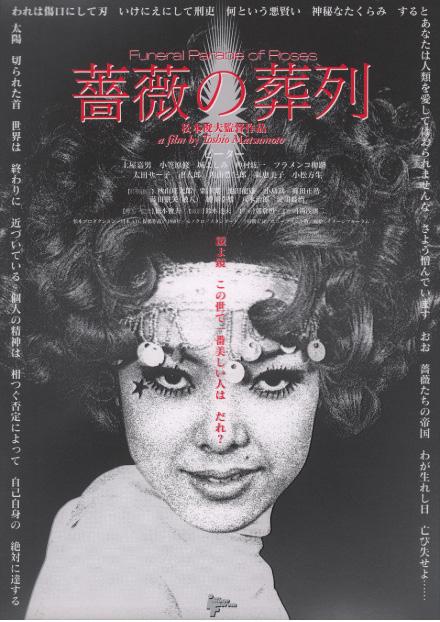

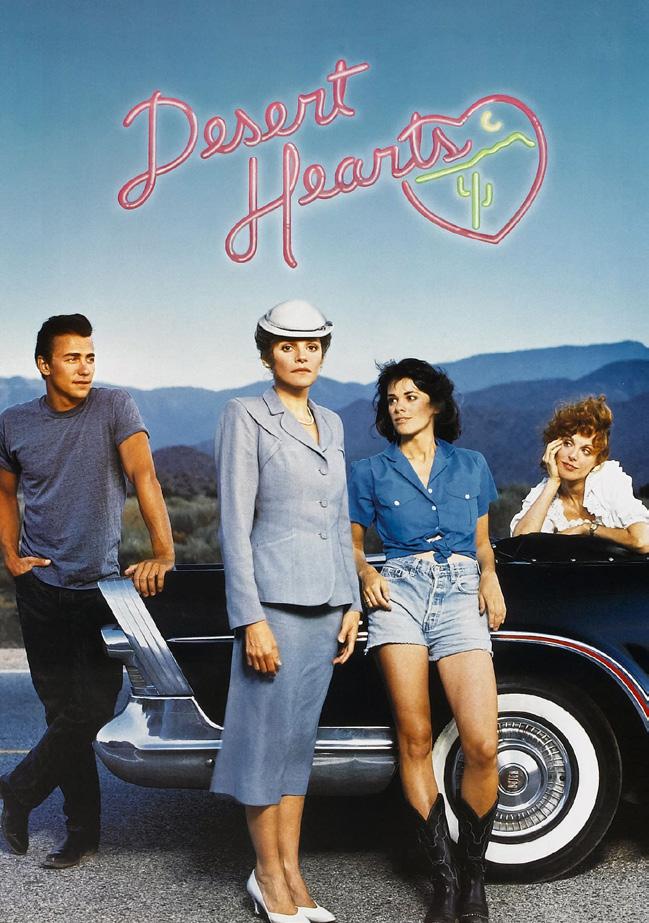

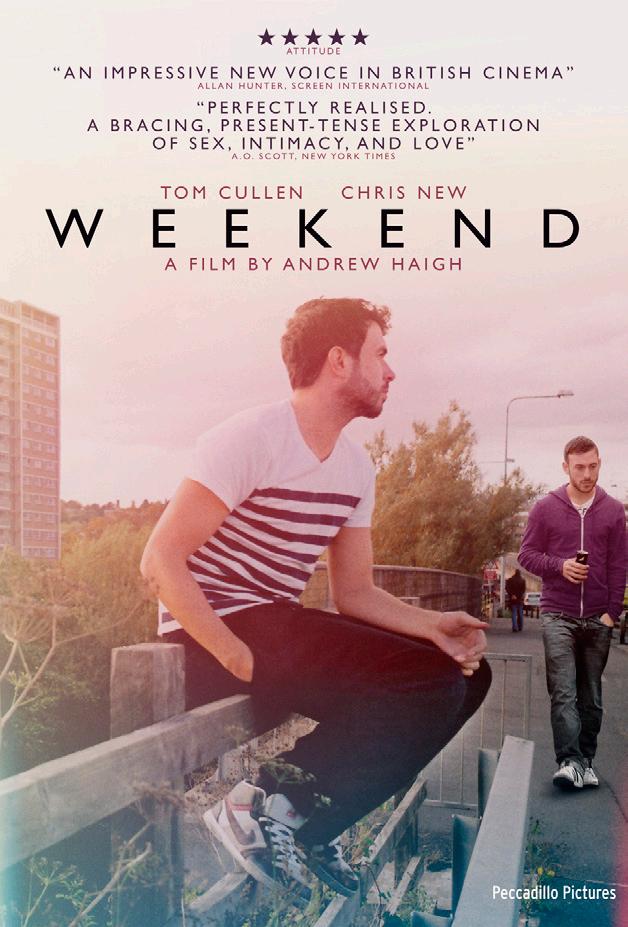
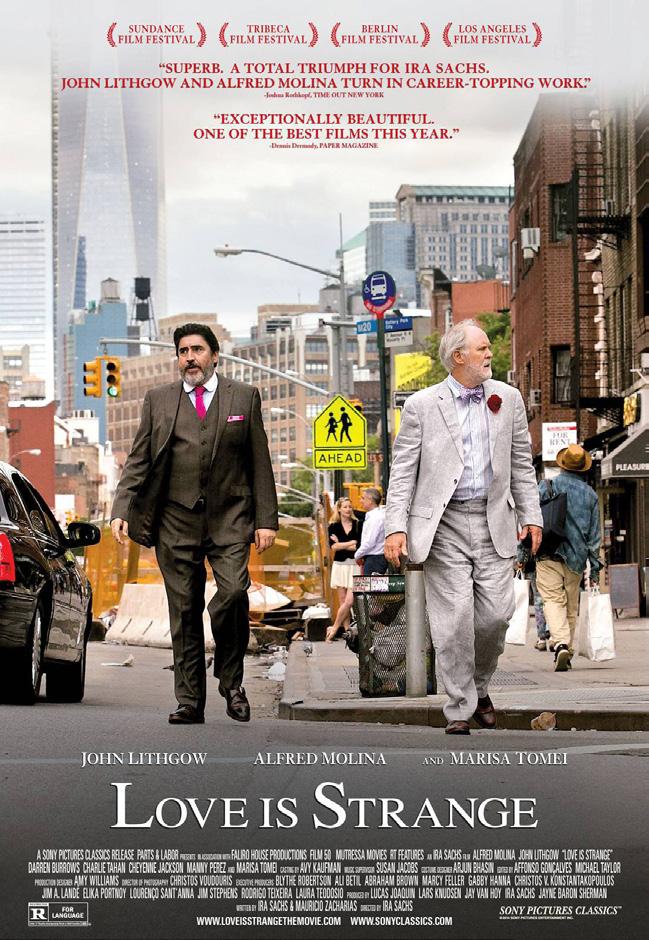
BY SARA MICHELLE FETTERS SGN STAFF WRITER
sue that links them across the decades.
This brings me to a question I was recently asked: “What are the best LGBTQ love stories to watch for Valentine’s Day?”
That’s an interesting one, notably because I cannot say I watch a lot of romantic films — Queer, straight, whatever — for the holiday. (Okay, maybe I’ll put on Alfred Hitchcock’s To Catch a Thief, but that’s because as a kid, I wanted to grow up to be Grace Kelly, and as a teenager I developed a crush on Cary Grant, but that’s about it.)
While there are plenty of great LGBTQ romances, I can’t say I’m drawn to watching that many. Several, like Brokeback Mountain or Todd Haynes’ Carol, end up tragically. Others, like 2000’s The Broken Hearts Club (which costars Dean Cain, of all people) — or just about anything on Netflix that fits inside the Queer rom-com bubble — are nothing more than insipidly inane sitcoms masquerading as featurelength films. I abhor the majority of them. There are exceptions, of course, and thankfully it seems like we are getting more and more of them each year. It’s nice to see pictures like Happiest Season, Bros, Red, White and Royal Blue, Everybody’s Talking About Jamie, and My Old
Ass showing up in theaters and on streaming services. While I enjoyed some of these more than others, I still think it’s great they were all released. Especially right now, especially in this climate. If anything, they’re needed more than ever.
But anyhow, back to the original question: What are the best LGBTQ love stories? While I won’t provide a direct answer, I will offer up ten of my favorites (from oldest to newest). Some will be obvious. Many will be out of the box. Give them all a look.
1. Dracula’s Daughter (1936) (Lambert Hillyer)
The Lesbian vampire is hardly a new idea. Countless genre efforts have explored the phenomenon, including three spellbinding 1970s classics: The Vampire Lovers, Daughters of Darkness, and The Velvet Vampire, all indebted to Dracula’s Daughter. But those are just three entries on a long and varied list that grows with each passing year.
So, it’s safe to say Hillyer’s opus laid the foundation for every spin on this idea we’ve seen since, and did so under the watchful eye of a puritanical production code that looked to drain all the homoerotic blood

out of this quickly produced sequel to Universal’s 1931 smash, Dracula. It’s honestly crazy how steamy this pulpy piece of horror melodrama is, even when judged against its more modern counterparts. But one only needs to watch a scene of bloodsucking foreplay between Gloria Holden (as the undead Countess Marya Zaleska) and Nan Grey (as the starry-eyed ingénue Lili) and wonder how it got past the censors. These two melt the screen with their erotic intensity.
2. Funeral Parade of Roses (1969) (Toshio Matsumoto)
While I have mostly avoided straight-up tragedies for this countdown, an exception must be made for Matsumoto’s monumental Japanese New Wave masterpiece. Suffice it to say, there is a time before one watches the mesmeric unhinged mastery of Funeral Parade of Roses, and then there is that glorious time afterward.
This drama is a phantasmagoric marvel, a story of a time, place, country, and culture rich in complexity and diversity, one that showcases its unique characters with a documentary-like intensity emulated by nonfiction benchmarks like 1984’s Street-
wise or especially 1990’s Paris Is Burning Granted, is not for the faint of heart to see protagonist Eddie (portrayed by the gorgeous and talented Shinnosuke Ikehata) journey into the heart of Tokyo’s vibrant underground Gay community, and his final destination is blindingly heartbreaking. But getting there is an experience like few others. The lyrical romanticism of much of it is so inspiring, it almost keeps the eventual heartbreak from being as overwhelming and depressing as it might have been.
3. Change of Sex (1977) (Vicente wwAranda)
I have a strange fascination with depictions of Trans journeys in 1970s cinema, especially European cinema. Aranda’s deliriously agile romantic drama is far more optimistic, which makes it perfect for Valentine’s Day. It’s a fantasy, to be certain, especially for the time, but that does not make watching María José (a fresh-faced Victoria Abril) embrace her authentic self any less sublime. The film’s final sequence is grandly euphoric, showcasing Trans empowerment in a way rarely done before (no shock there) or even since. The look on Abril’s face as an impossible dream is realized fills me with joy just at the thought of it. As basic as the plot of this semi-forgotten Spanish soap opera may be, that moment alone is enough for me to keep coming back as a pick-me-up when I need it the most.
4. Desert Hearts (1985) (Donna Deitch)
Probably the most obvious title on this list, Deitch’s Desert Hearts remains an essential entry in the LGBTQ cinematic canon. Helen Shaver has rarely been better, in a sensational depiction of a browbeaten, buttoned-up Columbia English professor stranded in Reno, waiting for her divorce to be finalized. Patricia Charbonneau, making her film debut, matches her as the young, carefree sculptor who almost inadvertently seduces the soon-to-be-divorcee, with youthful, infectious magnetism. Deitch’s delectable period romance gets better with each passing year, and it’s easy
to see its influence on modern Lesbian dramas like Carol and Happiest Season But there’s a reason this gets rewatched, discussed, and adored even though it’s approaching its 40th anniversary. There is a rich timelessness to its depiction of lust, longing, friendship, and romantic affection that continues to speak to viewers of all ages, identities, races, and backgrounds, and this beguiling resonance shows no sign of fading.
5. Orlando (1992) (Sally Potter)
Virginia Woolf is my favorite writer, but I never imagined anyone, even a filmmaker as talented as Potter, would be able to so cleverly adapt the author’s 1928 Orlando: A Biography. That the director was able to do so is impressive. That she did so with such inventiveness, originality, and imagination is even more so.
This was where I discovered Tilda Swinton for the first time — and she is dazzling. This gender-bending depiction of a life lived in all its mystically fascinating befuddlement is a marvel. Yet Swinton grounds events with emotionally naturalistic gravitas that makes even the story’s most fantastical elements wholly believable. Few dramatic fantasies have achieved this level of vibrancy. Even fewer have proven to be this endearing and enduring.
6. Bound (1996) (The Wachowskis)
Lana and Lilly Wachowski’s invigoratingly visceral neo-noir Bound is an absolute triumph. It moves with an urgency that is uniquely its own, yet it also pays shrewd homage to groundbreaking classics like Detour, Gun Crazy, Kansas City Confidential, and Criss Cross (just to name a few). But it is the central romantic entanglement of Jennifer Tilly and Gina Gershon that makes it essential. These two play off one another with their hearts metaphorically on fire, their passion otherworldly. Coupled against Joe Pantoliano’s slimy viciousness, Tilly and Gershon are noir heroines for the ages, both embracing yet also defying femme fatale genre stereotyping with a dexterity that’s gleefully bewitching.
BY LINDSEY ANDERSON SGN STAFF WRITER
February is the season for love, especially for Sonora Reyes, the best-selling author of The Lesbiana’s Guide to Catholic School and The Luis Ortega Survival Club After several successful YA novels, Reyes has now recently released their first adult romance. While The Broposal gets a little more sultry than the tomes Reyes is known for, it maintains much of what readers love about their writing.
“[The Broposal] is still pretty true to my voice as an author,” they told the SGN Ironically, it’s inspired by one of the most iconic heterosexual rom-coms ever. “I love romance,” Reyes said, “and so sometimes I watch a… cult classic like The Proposal… [I thought], ‘Oh, what about me? Like, what if it was Mexican, and what if it was Gay?’”
Much like the 2009 film, Reyes’ latest novel follows the chaos of faking a greencard marriage but from a new perspective. “The green-card romances that are popular, they’re all white people, and that’s not the case for most immigrants who would have that struggle,” they pointed out. “I felt like I should add one to the pot and make it something that people I know and [I] could relate to more.”
What cements The Broposal as a classic rom-com is Reyes’ commitment to the genre’s classic clueless characters. “The characters are stupid, but in the most relatable way,” they said.
The Broposal’s leads, Kenny and Han, are flawed but relatable and charming.
7. Weekend (2011) (Andrew Haigh)
While not his debut, Weekend is the drama that made Haigh a directorial name to pay attention to. This 2011 festival favorite made serious waves, and for good reason. What on the surface looks to be a rudimentary tale of a one-night-stand between two men wanting to hook up (and little else) sneakily proves to be a richly adroit saga of loneliness, need, and emotional connectivity that packs a major psychological wallop. Stars Tom Cullen and Chris New are excellent, while cinematographer Ula Pontikos casts a lyrical spell that lingers on long after the story has come to its ephemeral conclusion.
Haigh would go on from here to weave equally enthralling endeavors, his confident hand guiding the HBO series Looking and borderline instant classics like 45 Years, Lean on Pete, and All of Us Strangers. But there is something about this seemingly simple, straightforward, sincere lustto-love story that reaches into the viewer’s soul and refuses to let go. Magnificent doesn’t even begin to cover it.
8. Love Is Strange (2014) (Ira Sachs) I cannot think of a single project that was not made substantially better by Alfred Molina’s presence. He has over two hundred credits on IMDb, and while I have not watched them all (who could?), I’d bet good money that every one of them is lucky that the actor was involved.
Molina’s performance as New York music teacher George in Sachs’ divinely intuitive and topically prescient Love Is Strange might be my favorite (even more so his wickedly charismatic turn as Dr. Otto Octavius in Spider-Man 2). There’s never a moment that feels forced or false, and his chemistry with costar John Lithgow is hypnotically astounding. Molina makes what could have been a facile and overtly melodramatic scenario sing with thunderous operatic grace.
9. Boy Meets Girl (2014) (Eric Schaeffer) Schaeffer has hardly been a writer-director I’ve felt the need to go to bat for. My Life’s in Turnaround, If Lucy Fell, Fall, and
After Fall, Winter are only four of the filmmaker’s features I’ve watched over the past three decades, and none of them lingers positively in my memory.
But Boy Meets Girl is a prime example of why I walk into each and every film with an open mind. It’s a shockingly divine romantic comedy, and while it is not unexpected or out of the ordinary, it still manages to tell its tale with a buoyant earnestness that’s endearing. Even without the Trans-centered subject matter, I still think I’d adore this picture a whole heck of a lot.
While I won’t say Schaeffer knows precisely what he’s talking about, star Michelle Hendley does so much of the dramatic heavy lifting that most storytelling missteps are pleasingly mitigated. At its center, Boy Meets Girl may be a Hallmark-style rom-com with all of the typical clichés and stereotypes, but thanks in large part to her authentically sublime performance, it’s all so gosh-darn endearing that I couldn’t care less.
10. Bit (2019) (Brad Michael Elmore) We started this list with a vampire flick; we might as well end with one too: indie filmmaker Elmore’s sadly underseen, female-centered Bit. A victim of a pandemic release date and a meager marketing budget, this is nonetheless a fantastically entertaining Lost Boys riff on bloodsucking dynamics overflowing with youthful energy and blood-splattered charm. Easy to miss in all of the Trans-centered coming-of-age supernatural carnage and undead silliness, there is a sweet little hidden love story. Nicole Maines (of Supergirl Nia Nal fame) and supporting player Zolee Griggs have devilish chemistry, though they don’t get a ton of screen time to showcase it, what with the breathlessly paced 90-minute running time. Yet they make their love story subplot essential to the goofy outcome of all this Buffy meets The Vampire Diaries meets Riverdale frivolity. For those with a soft spot for Sapphic, gothic madness, Bit comes amazingly close to perfect.
Their cluelessness about love, lack of communication skills, and ability to fall for manipulation only raise the stakes in the story. Despite their flaws, they remain the heart and soul of the novel without disappointing readers.
“With The Broposal, both of the main characters… have to grapple with their sexuality in different ways,” they reflected. “Kenny… knows he’s Bi, but he’s only ever been with one girl. When they break up, he’s confronted with this part of himself that he never really talked about before as much.”
“I just felt like it made a lot of sense to dive into that, especially for Kenny, because I think it’s something so real for a lot of Queer people, especially people who’ve either only been with one person before or… mostly… with one gender,” Reyes added. “There’s this feeling of being unable to prove it. I wanted to explore how it’s a real experience. He’s just as Bisexual as the next person.
“Then there’s Han, who… did not even consider the fact that he was Gay until it hit him in the face.”
The Broposal combines elements of humor and Queer joy with some much darker realities. For Han, it’s the fear of deportation as an undocumented immigrant. But Reyes’ writing is “supposed to be for the people who get it and understand what it’s like, so they can feel catharsis in the happy ending,” they said.
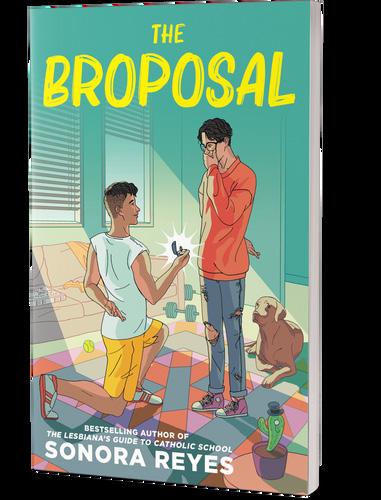

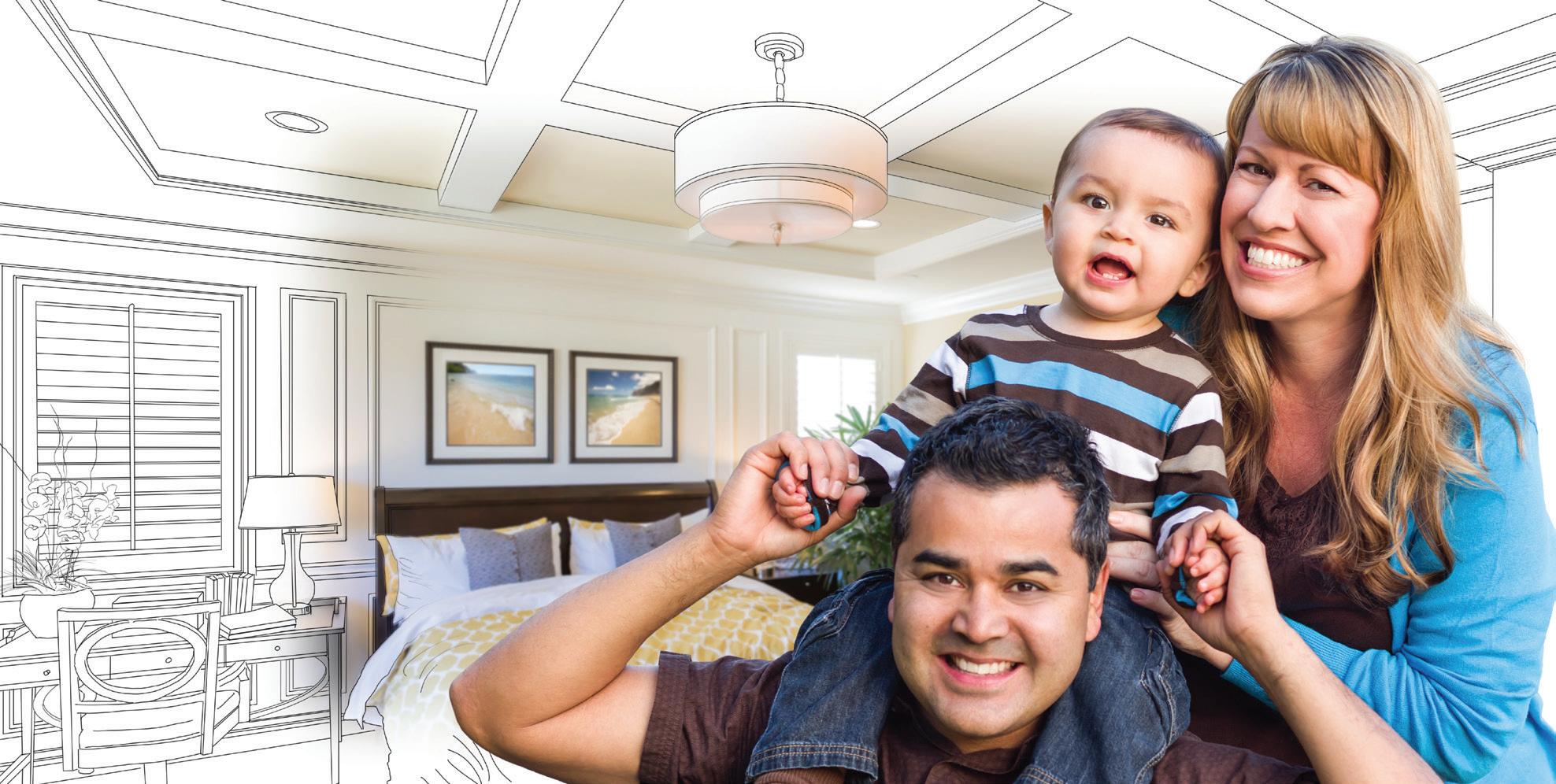
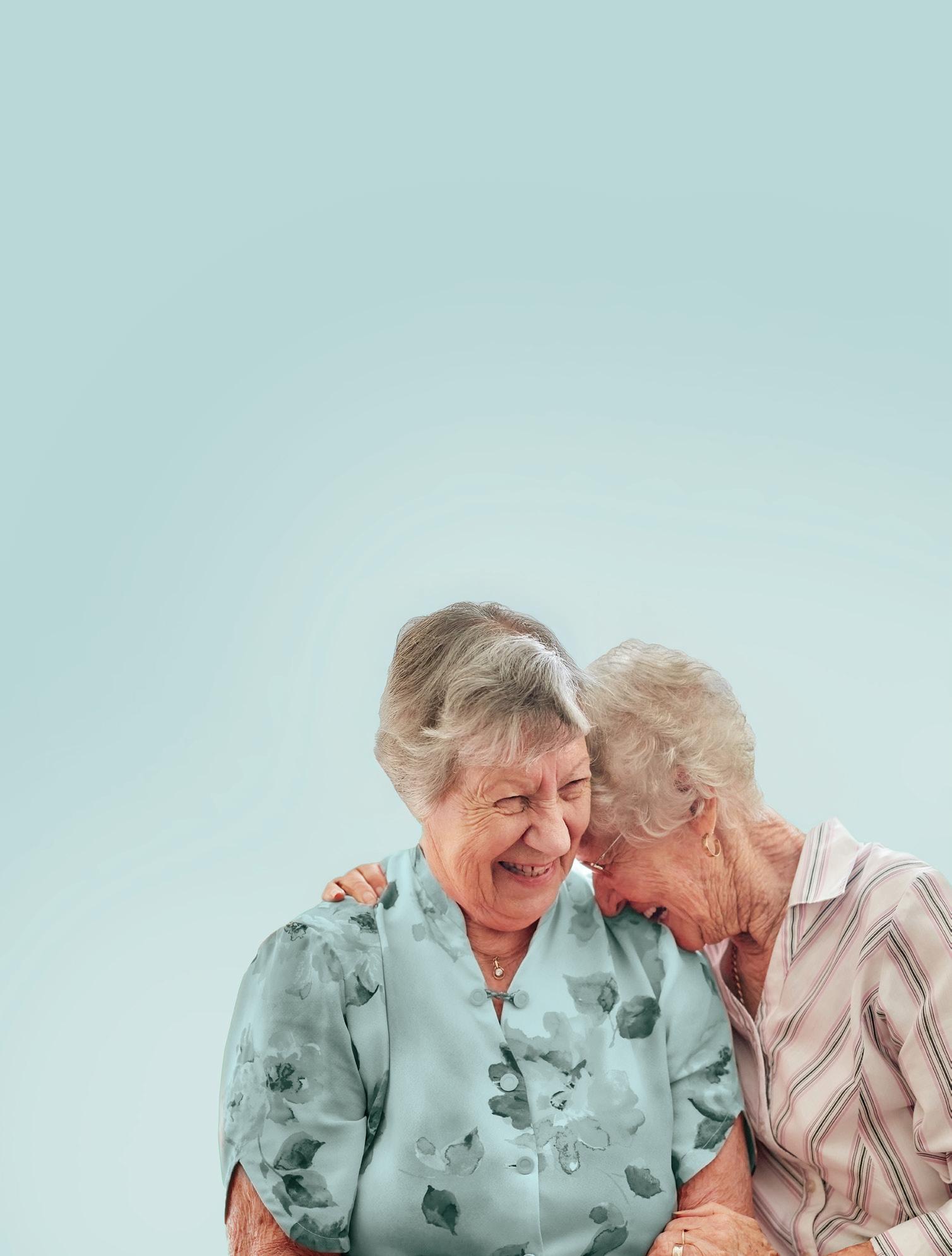

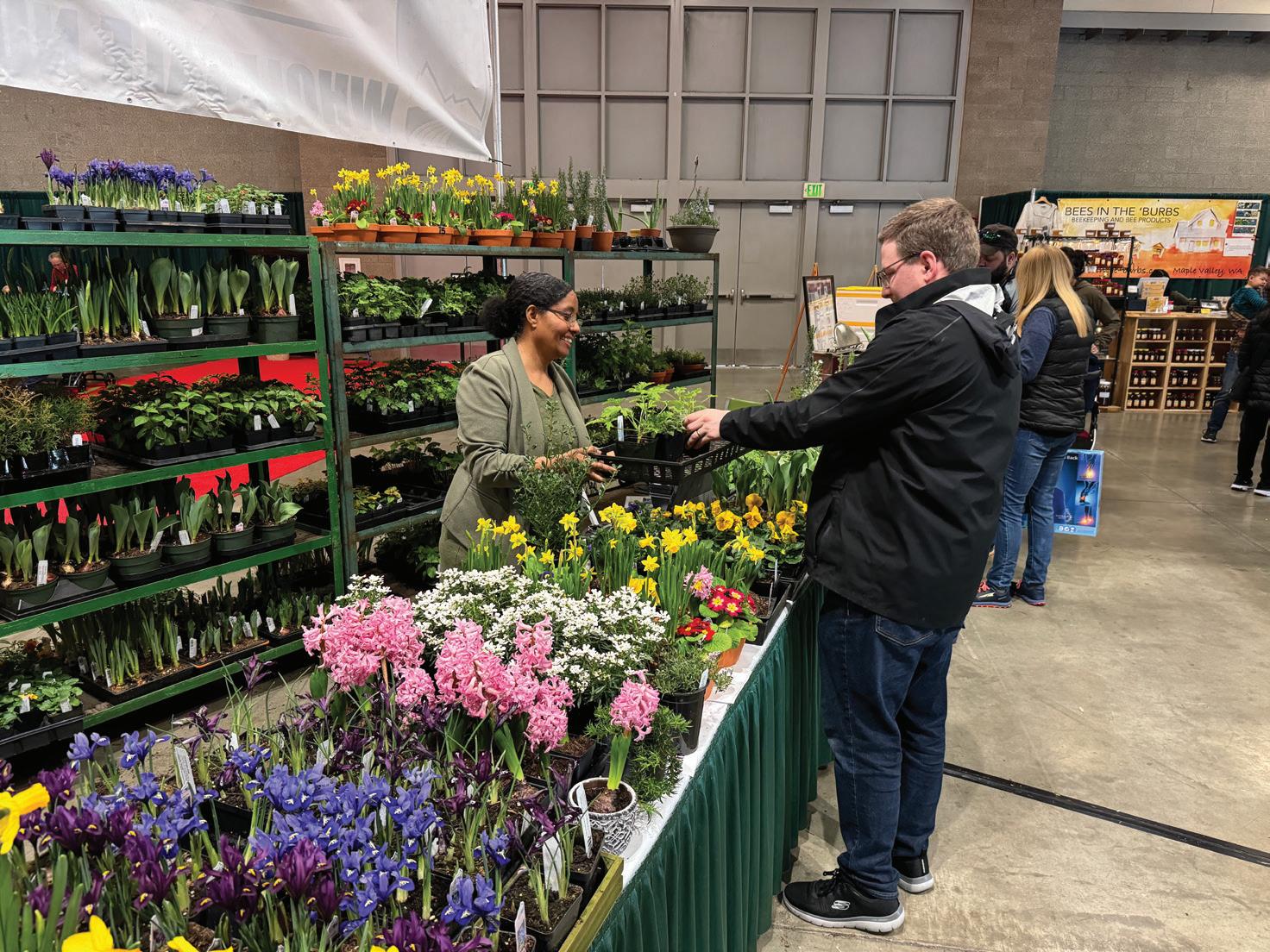












To The Board of Directors, and The Collage of Monarchs of The Imperial Sovereign Court of Seattle, The Olympic and Rainier Empire, I thank you for your time.
I Jeffrey Golliet am before you today to make known my intention of becoming a candidate for the position of Rainier 50, Emperor of The Imperial Sovereign Court of Seattle, The Olympic and Rainier Empire for reign 53. Below is both my history with the court, and my life experience that I feel make me a viable candidate for this position.
I was born and raised right here in the Seattle area, living here all my life and was first introduced to the court system about 15 years ago and have been an active member for over 10 years. I have been a member of the Board of Directors for a total of 4 years and have supported every reign thru helping behind the scenes, work parties, and extensive travel helping to raise funds to better not only our Washington State community, also the cities we visit across both the United States and Canada.
I have over 30 years’ experience in retail management, Fine Jewelry stores to be exact. I also owned and operated a small business for 7 years. Currently I am blessed to be free to dedicate all my energy to the growth and success of The Court of Seattle. These past few reigns have brought new life to the court. Our title holders have incredible talent, but more so is their desire to better their community, to help those that struggle. We have also had a very productive year on the board, updating the by-laws, launching a totally revised website, imperialcourtofseattle.org. It is now easy to find out who we are and what it is that we do.
The Court of Seattle has a long history fundraising, volunteering, and working for equal rights for all people. We have one of the oldest gay organizations scholarship programs in the nation, awarding thousands of dollars each year to Washington State residents for collage or trade school. We raise money a dollar at a time for other organizations that serve the gay community. All on a volunteer basis, something we should be very proud of.
My goals will include the following,
Increase awareness within the community of The Court of Seattle and what we do.
Seek out events produced by other gay organizations to work with and support within the realm.
Create fundraisers that involve and benefit the community we serve with either a service or food, as well as sport viewing fundraisers.
Seek out more volunteering opportunities for the court to be a part of.
Work toward securing sustained corporate support, allowing our title holders to give more to their charity.
The International Court System is the oldest gay charity in the world, and Seattle is one of the oldest courts, being founded in 1971. We have done a lot of good over the years and I see a bright future for the court, with great people doing great work. Now more than ever we need to come together and to support one another. My biggest reward is to witness the growth and success of others I work with, To play a small role in developing our future leadership would be my honor. I humbly ask for your support.
In Service, Thru The Court, From The Heart, For The Community,
Jeffrey Golliet
Aka Jeffrey Devareaux St. Laurent
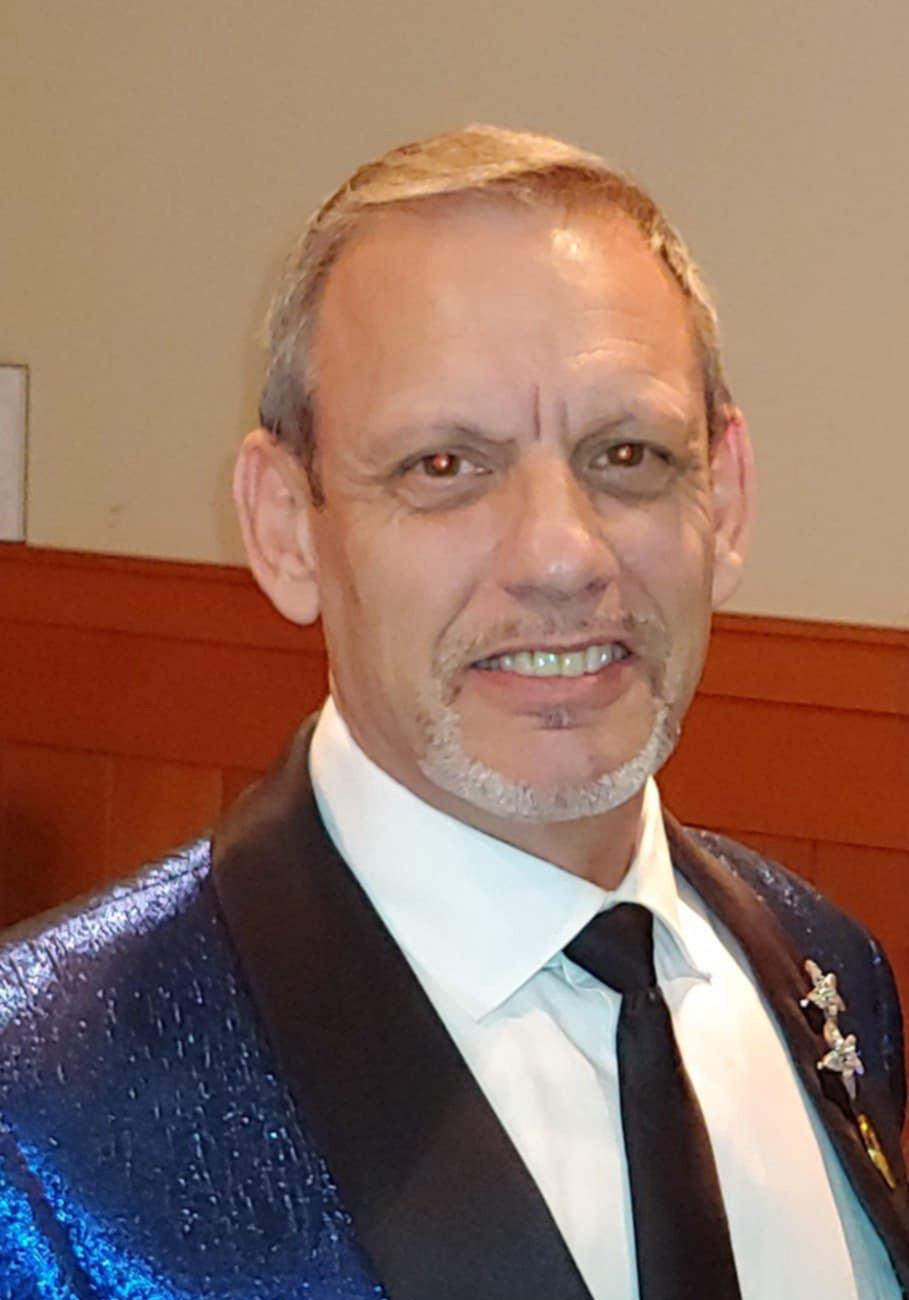
Dear Seattle, Central Puget Sound and Peninsular Communities,
My name is Merry Lubealot Peters and I am running for the position of Olympia 53 with the Imperial Sovereign Court of Seattle, THe Olympic and Rainier Empire, or in the words of Harvey Milk, “I’m here to recruit you!”
I have been involved in community service for the past 14 years in the Seattle community, whether with the Sisters of Perpetual Indulgence,Seattle Men in Leather, or the Court of Seattle. Community service runs in my blood and I am excited to have the chance to show you what I can do this coming year.
You may say “I think they were an Olympia before?” and you are right. I served our community as Olympia 46 and am ready to take on the challenge again. This year is a little different. We as a community are coming into a trying time where someone is leading our country that has different ideas, values and democracy that is not the american dream we all have been striving for. I pledge to stand up with you and fight for our rights, show the community that we are stronger together and will win the battle and let’s be honest, we will look fabulous doing it!
I plan to focus this year for visibility of the LGBTQIA Community, fight for our rights and fundraise for some amazing organizations that support Trans rights, the elderly and youth. I also plan a focus on that it does not take alcohol and drugs to have fun, but we can enjoy our community sober.
Please come out February 8th in Tacoma at PSP and in Kitsap at Sirens, and Sunday February 9th at Raygun Lounge. Both days voting is from 11 am to 5 pm.
I hope to see you on the campaign trail and that you will entrust me with this leadership role again.
In closing, remember what Jose Sierra, founder of the International Court said, “United we stand, divided they get us one by one”.
In Service to the Community
Merry Lubealot Peters Candidate for Olympia 53
